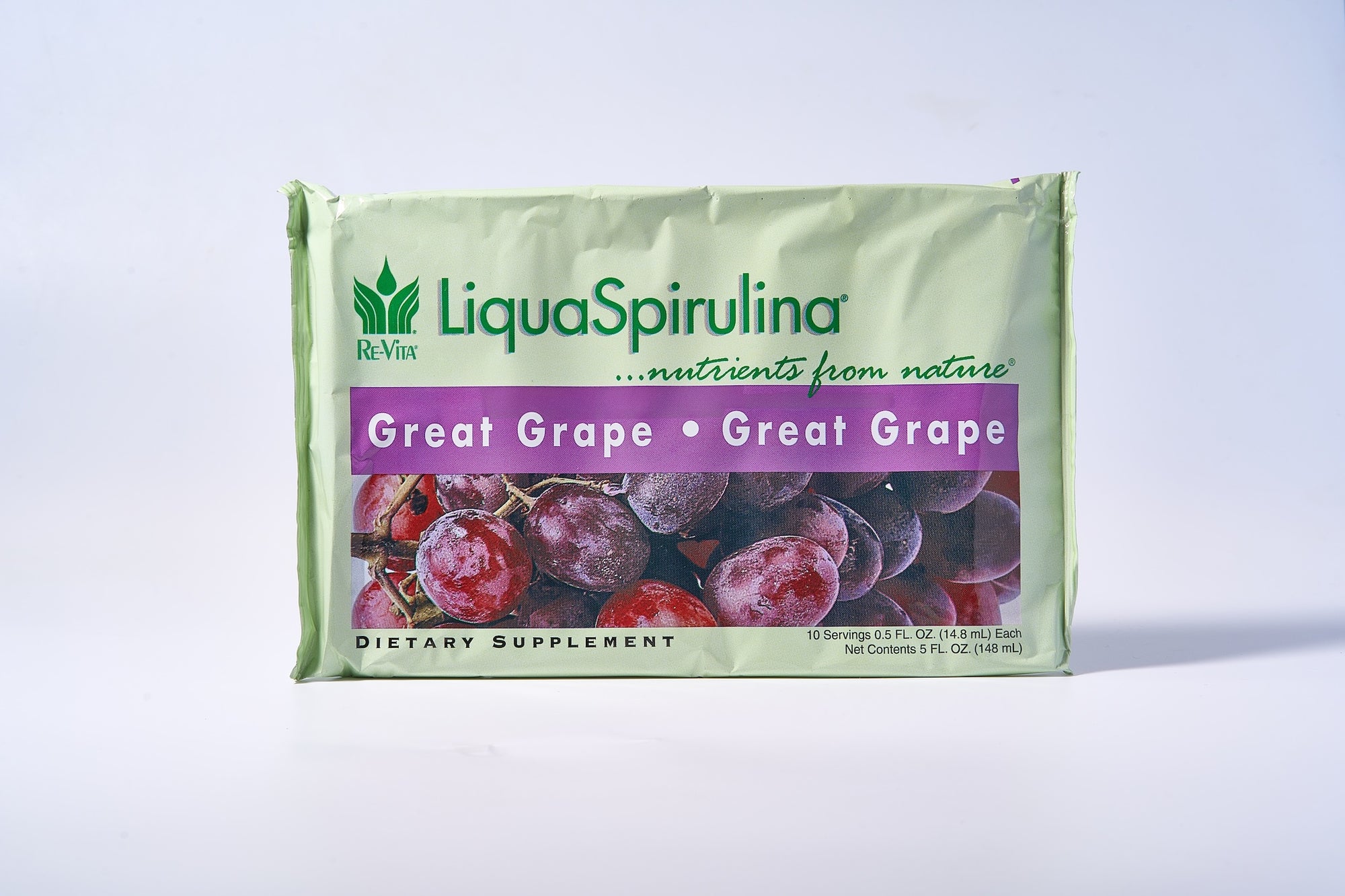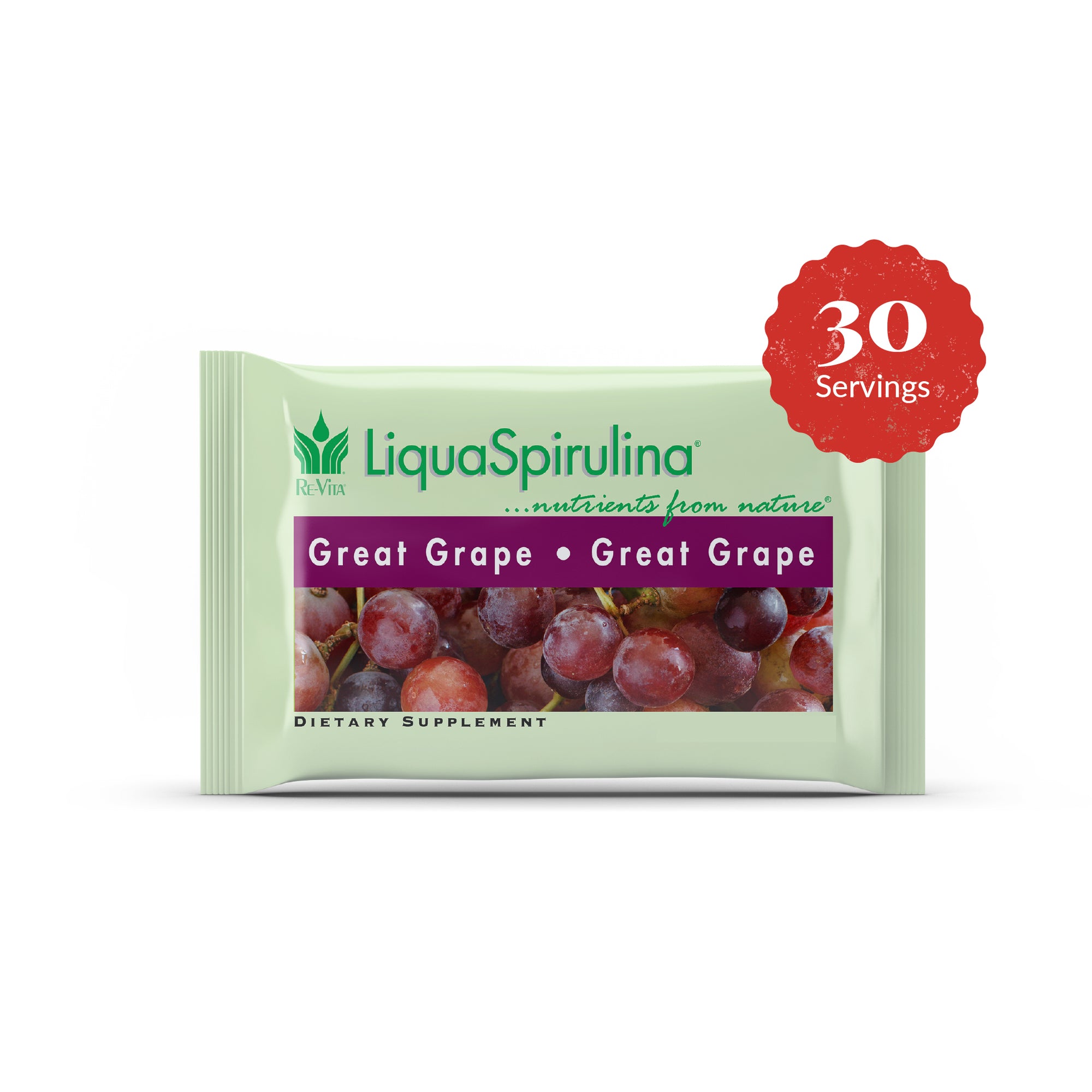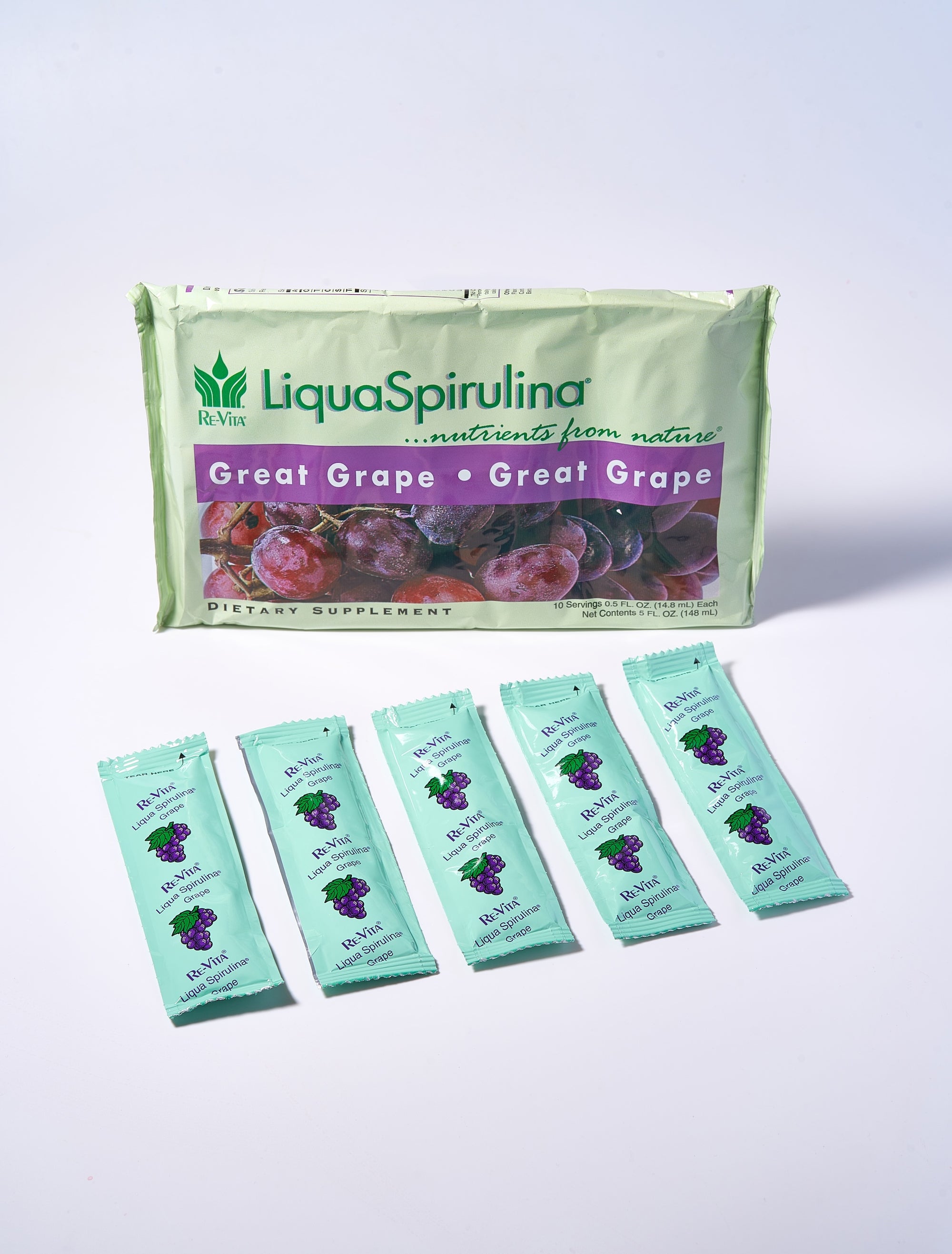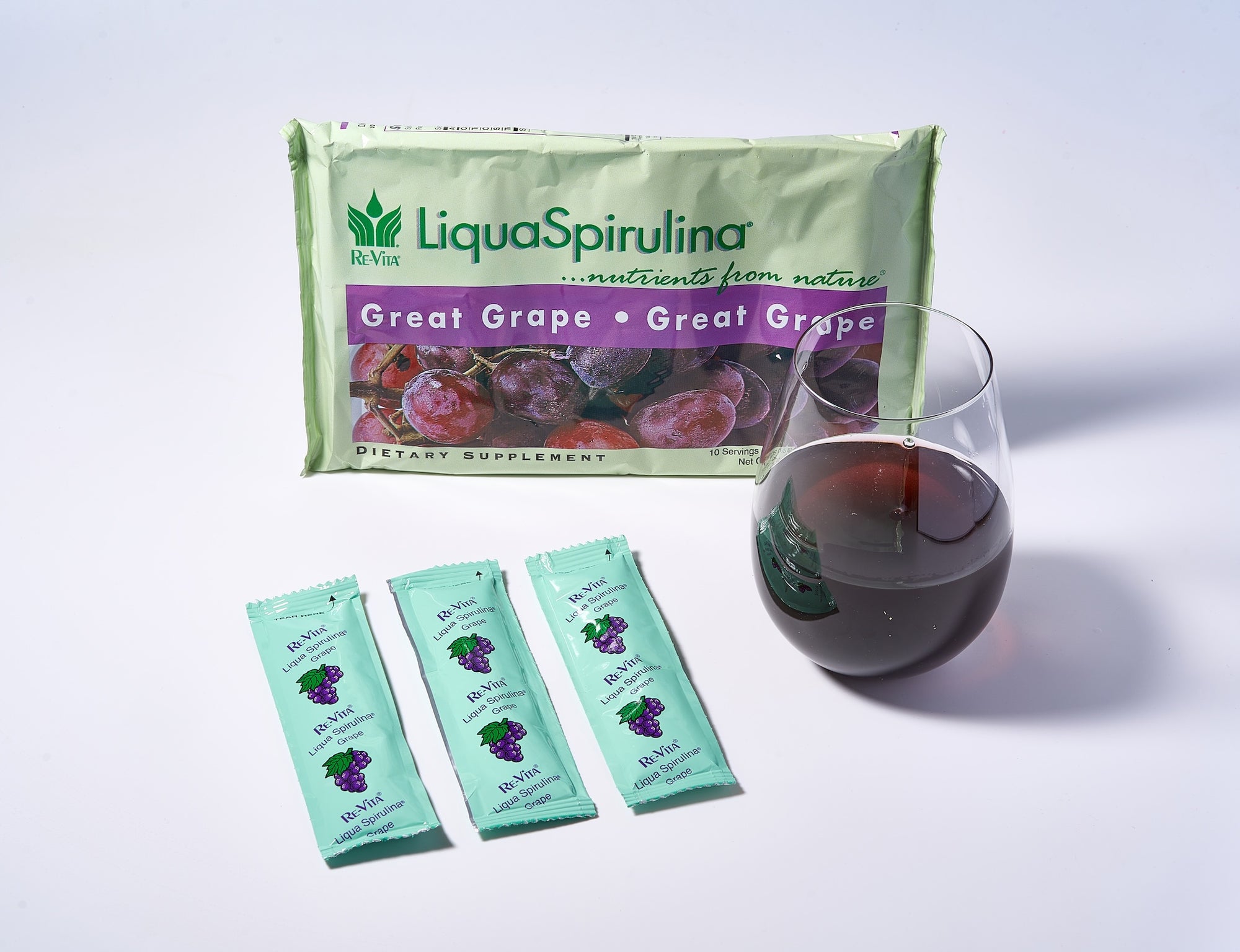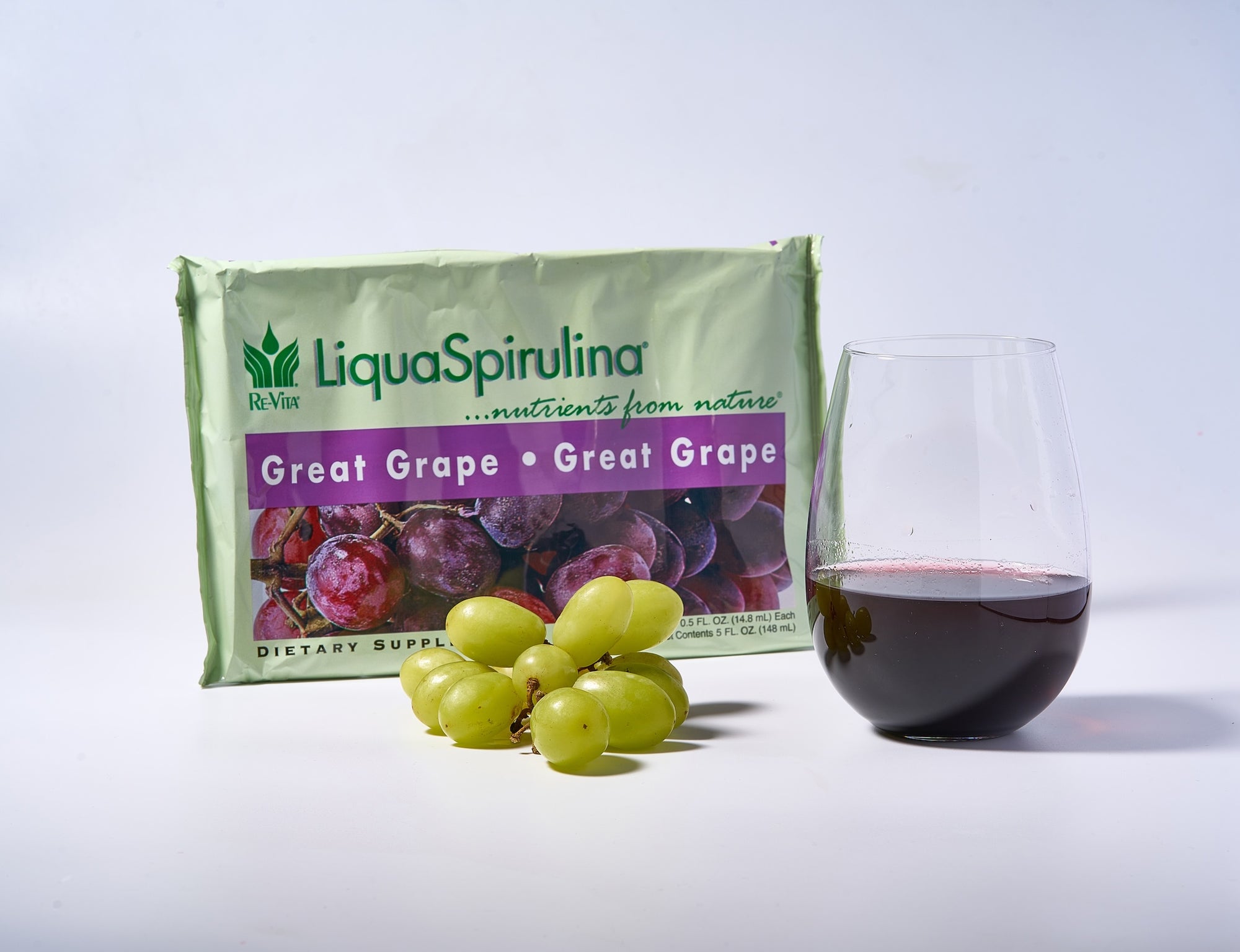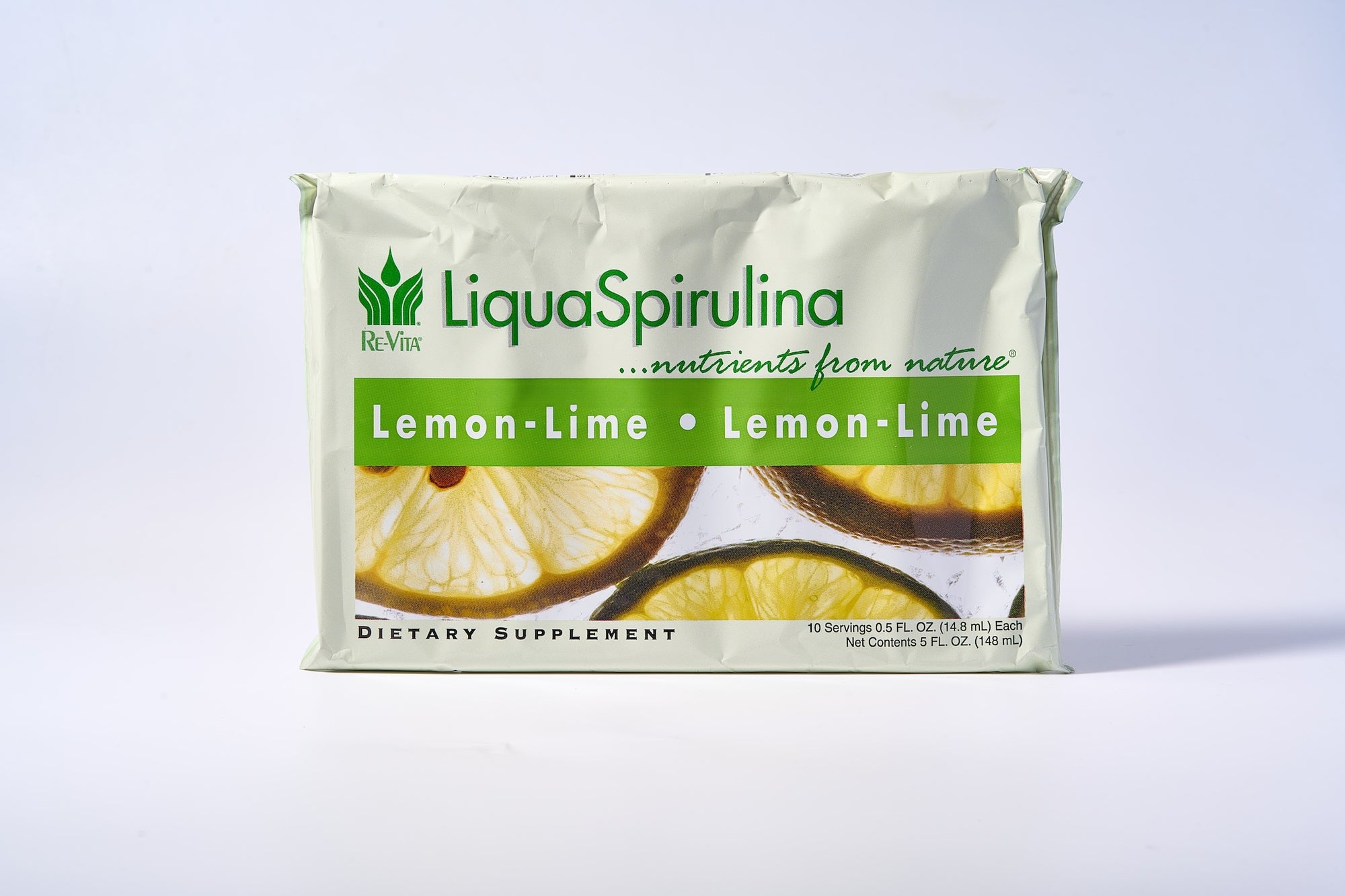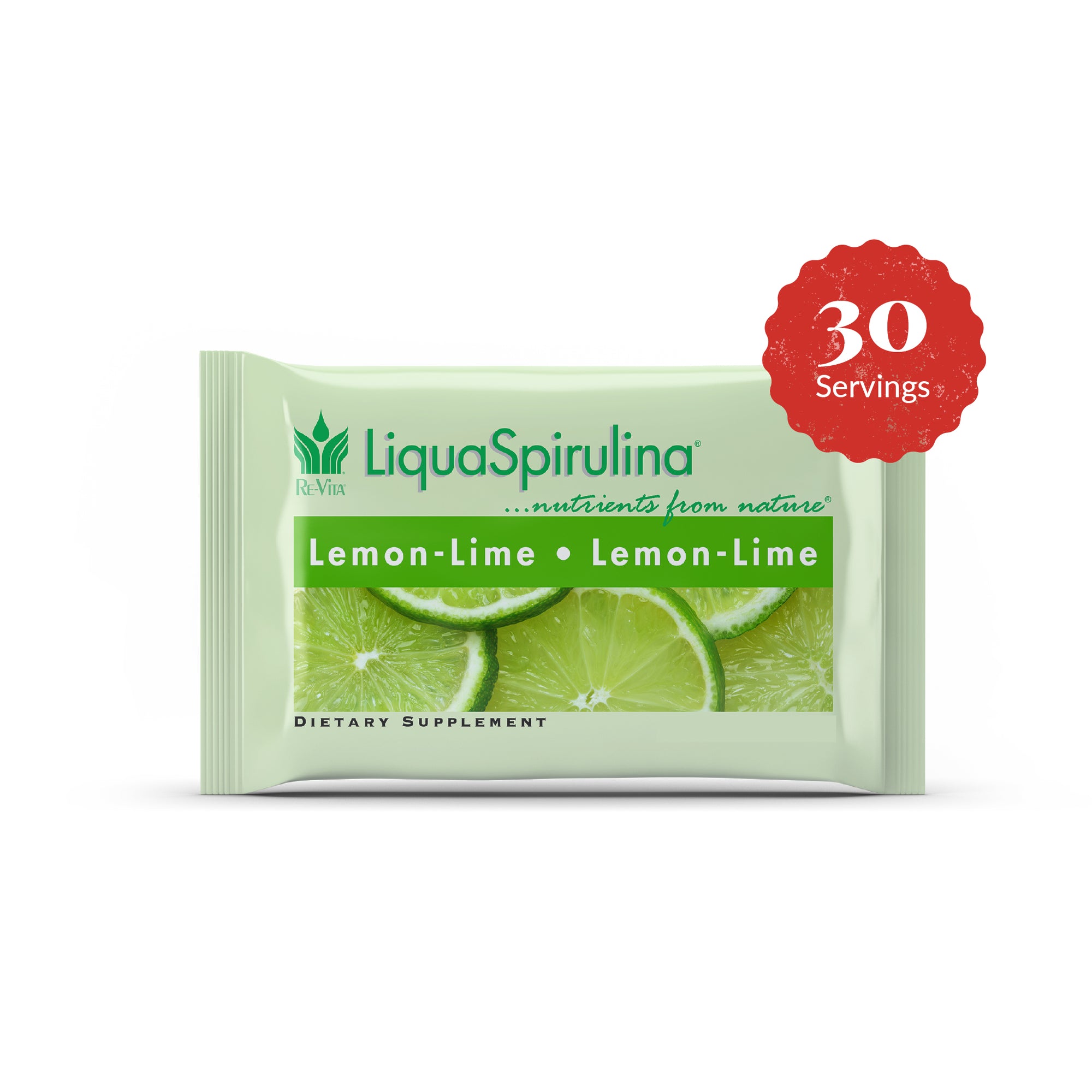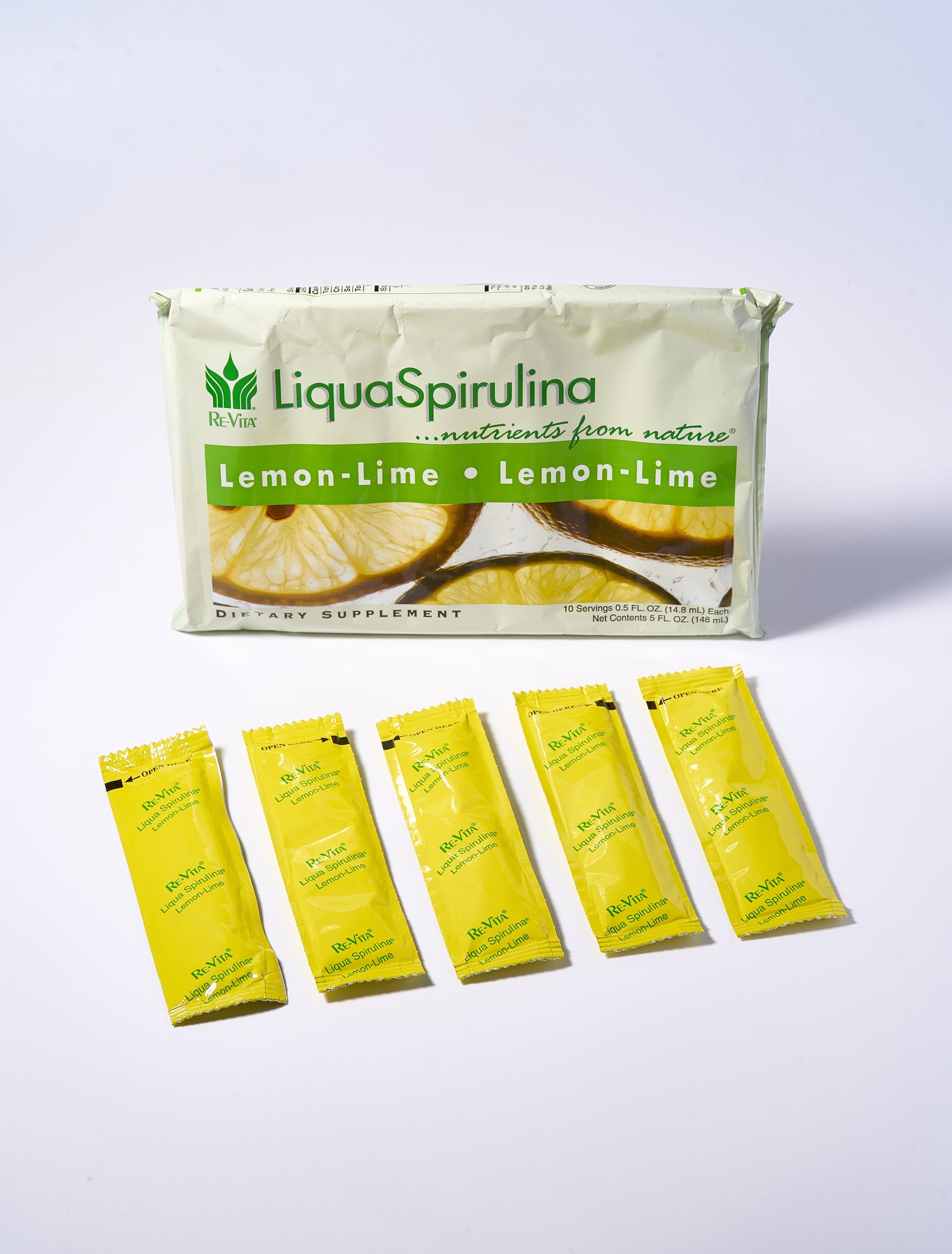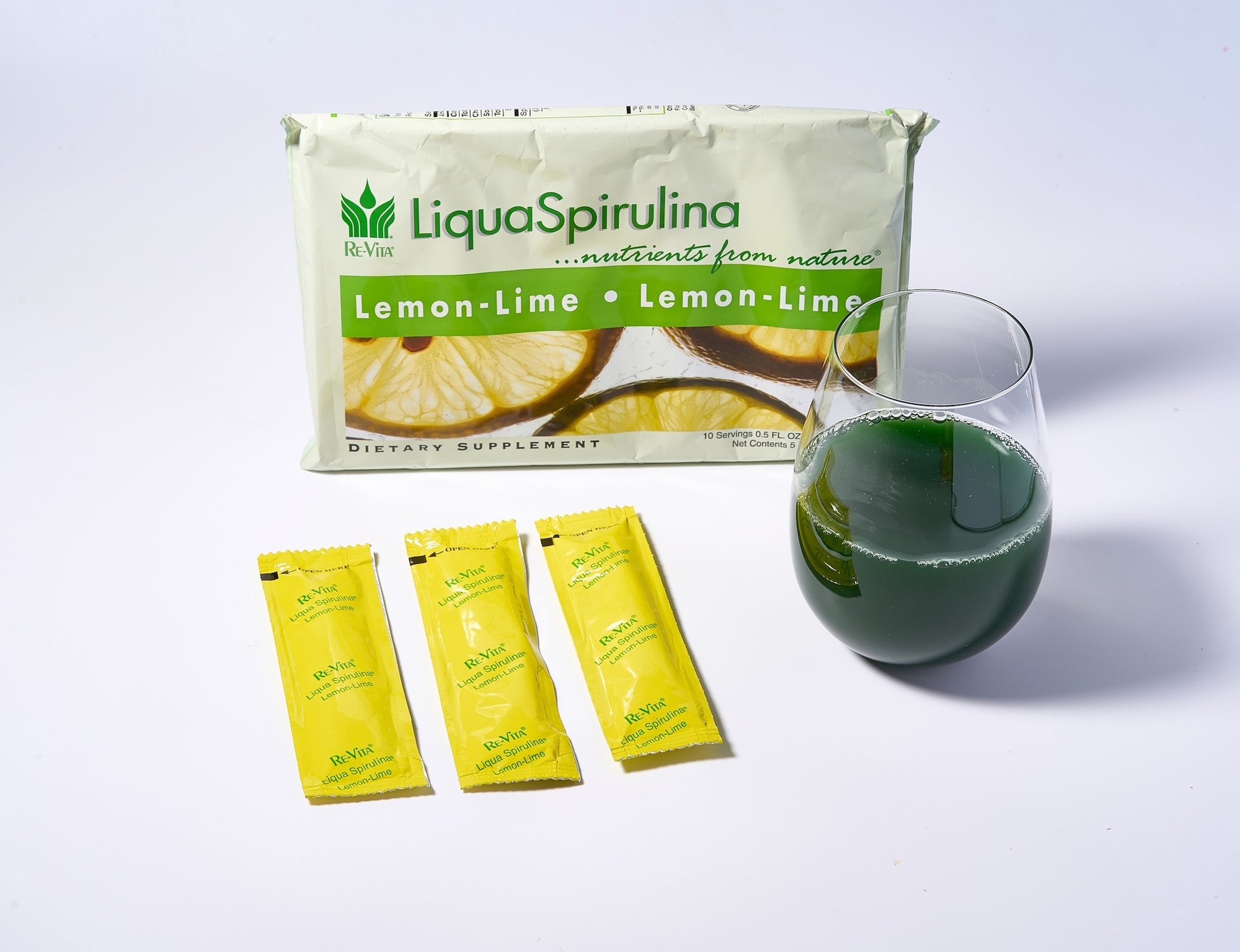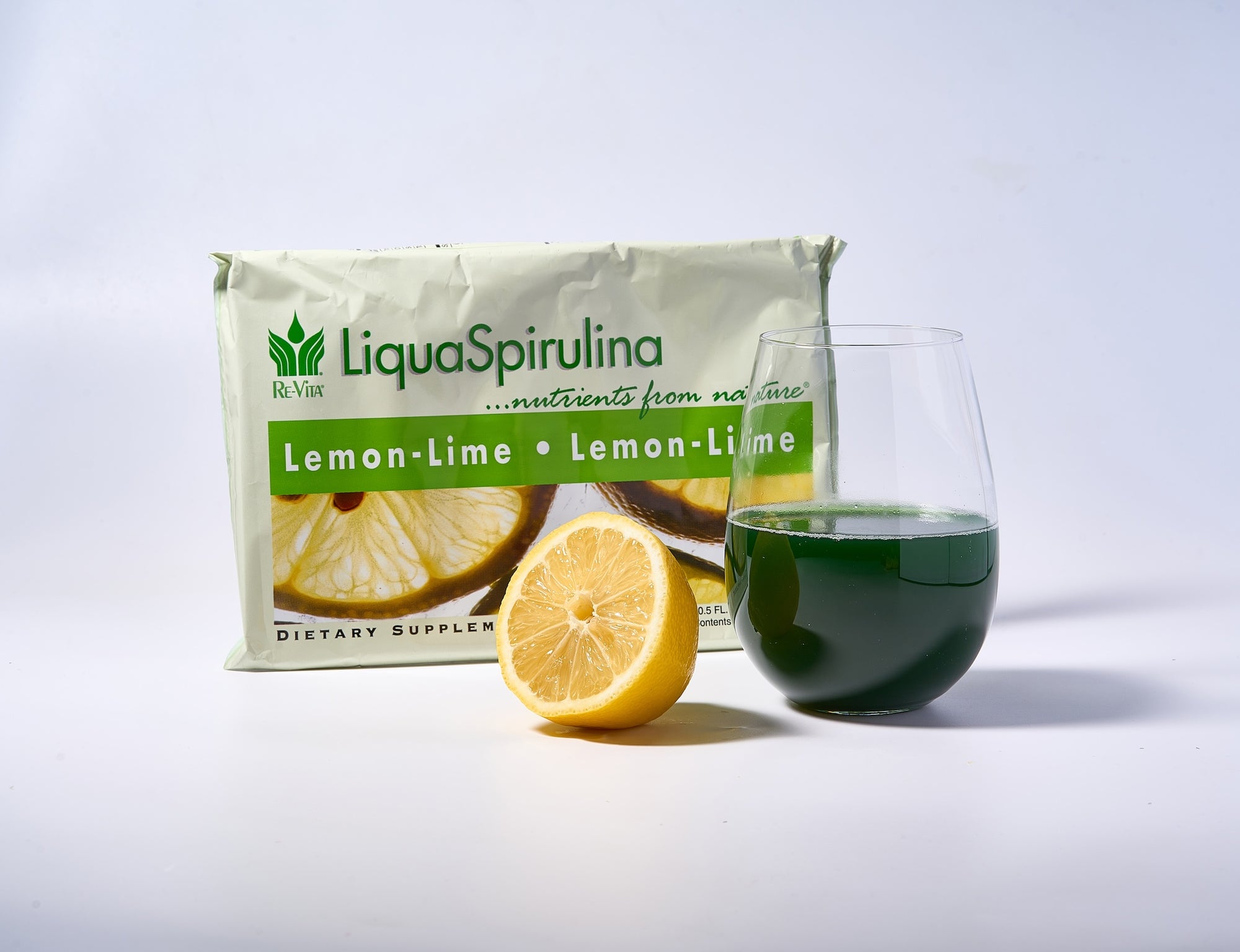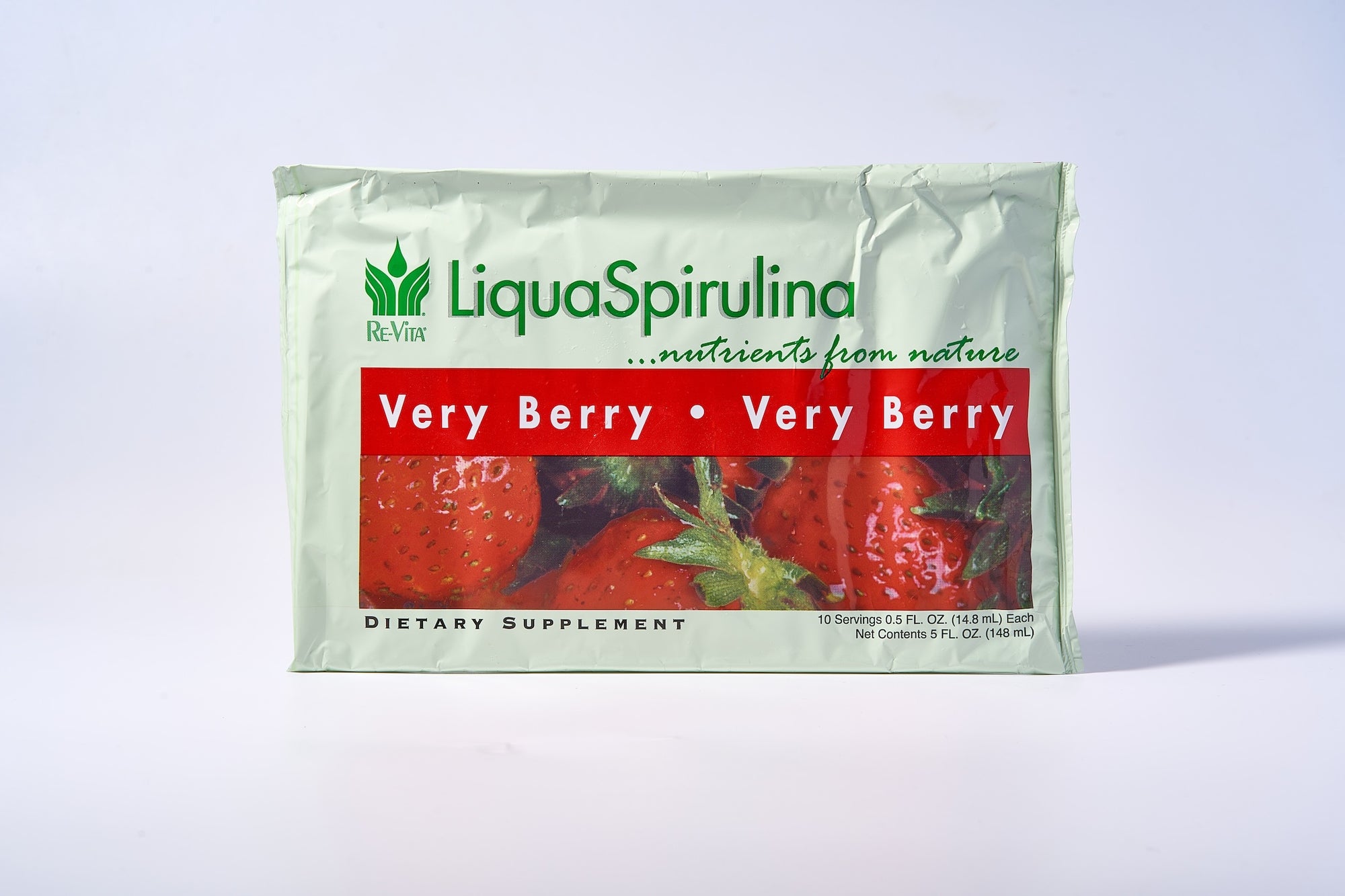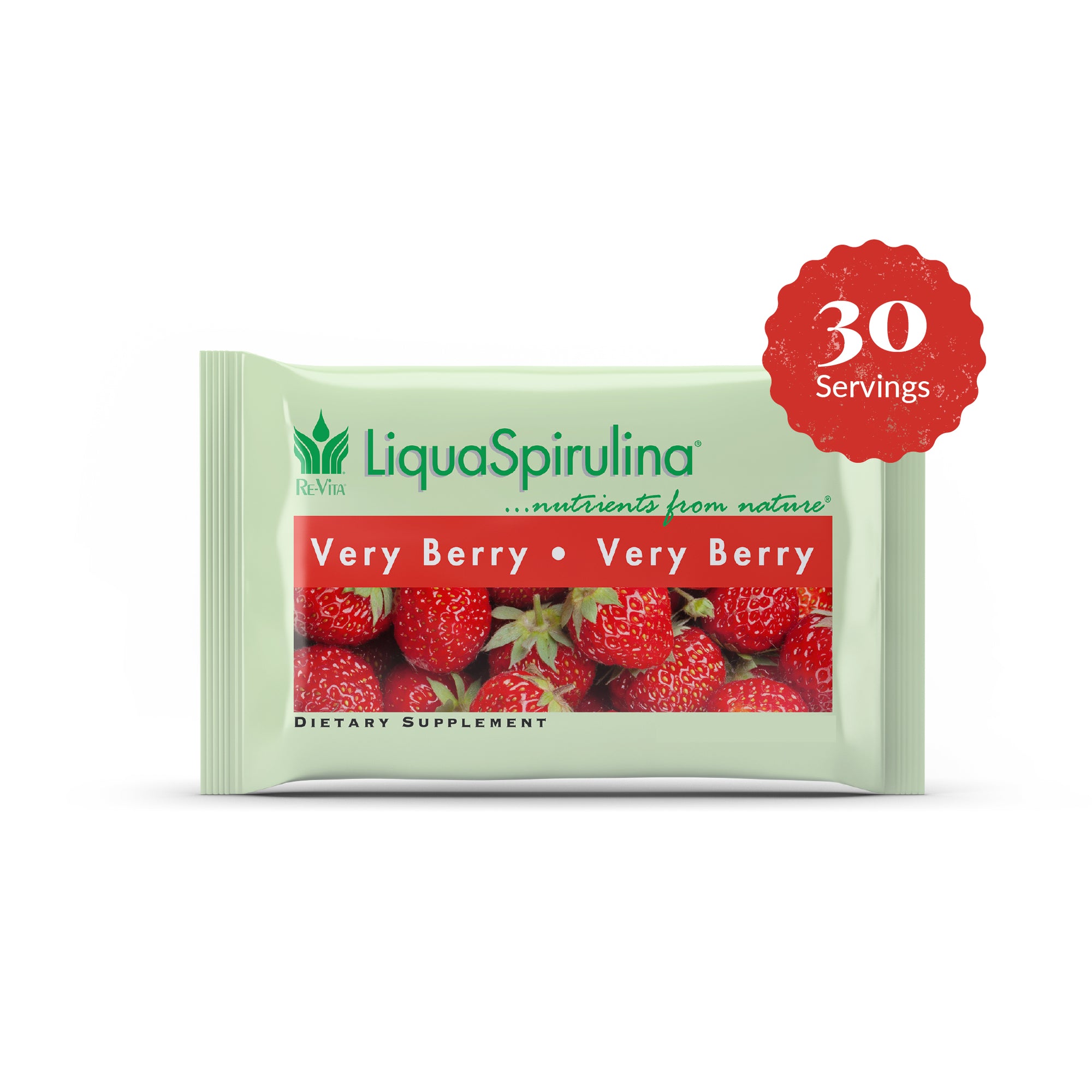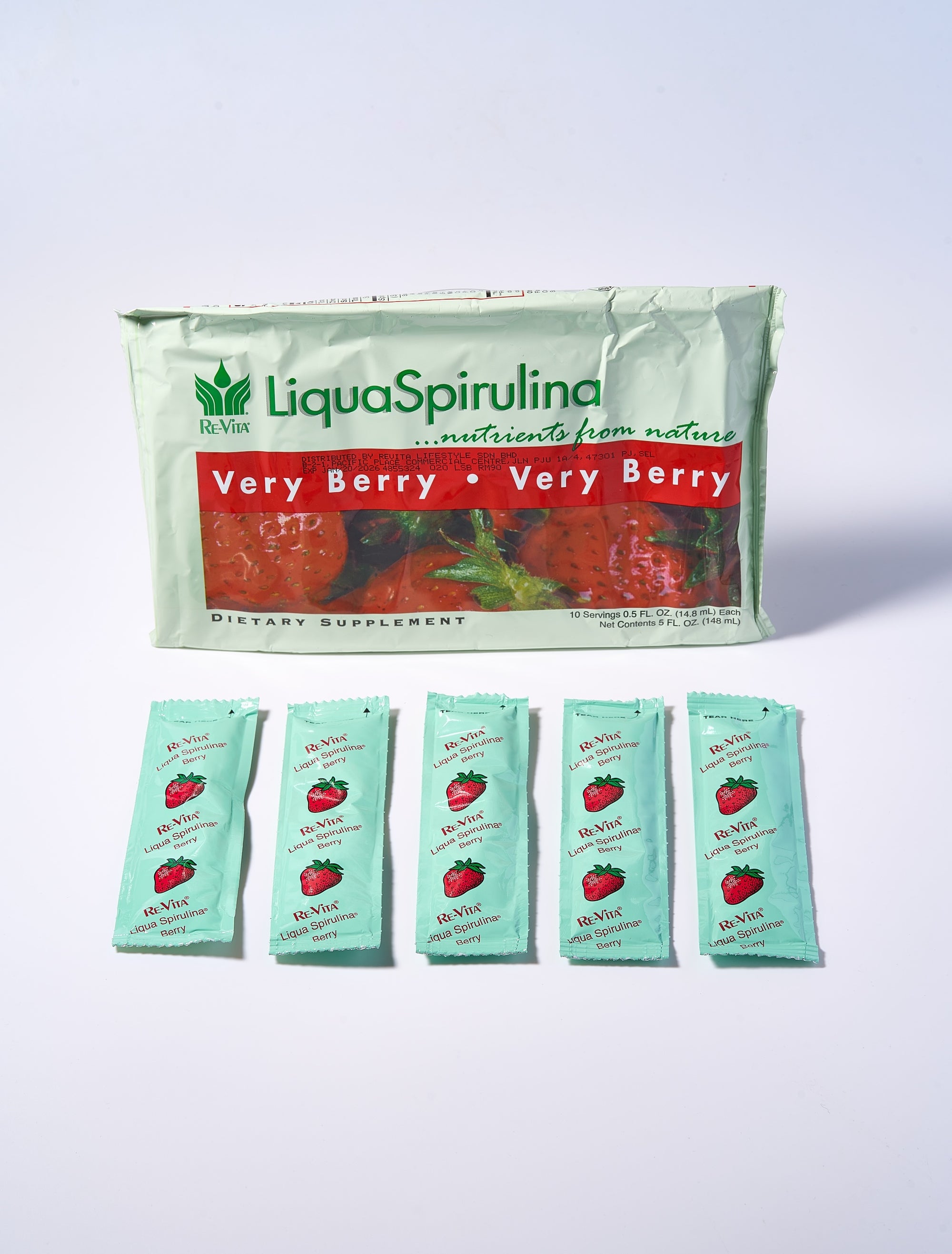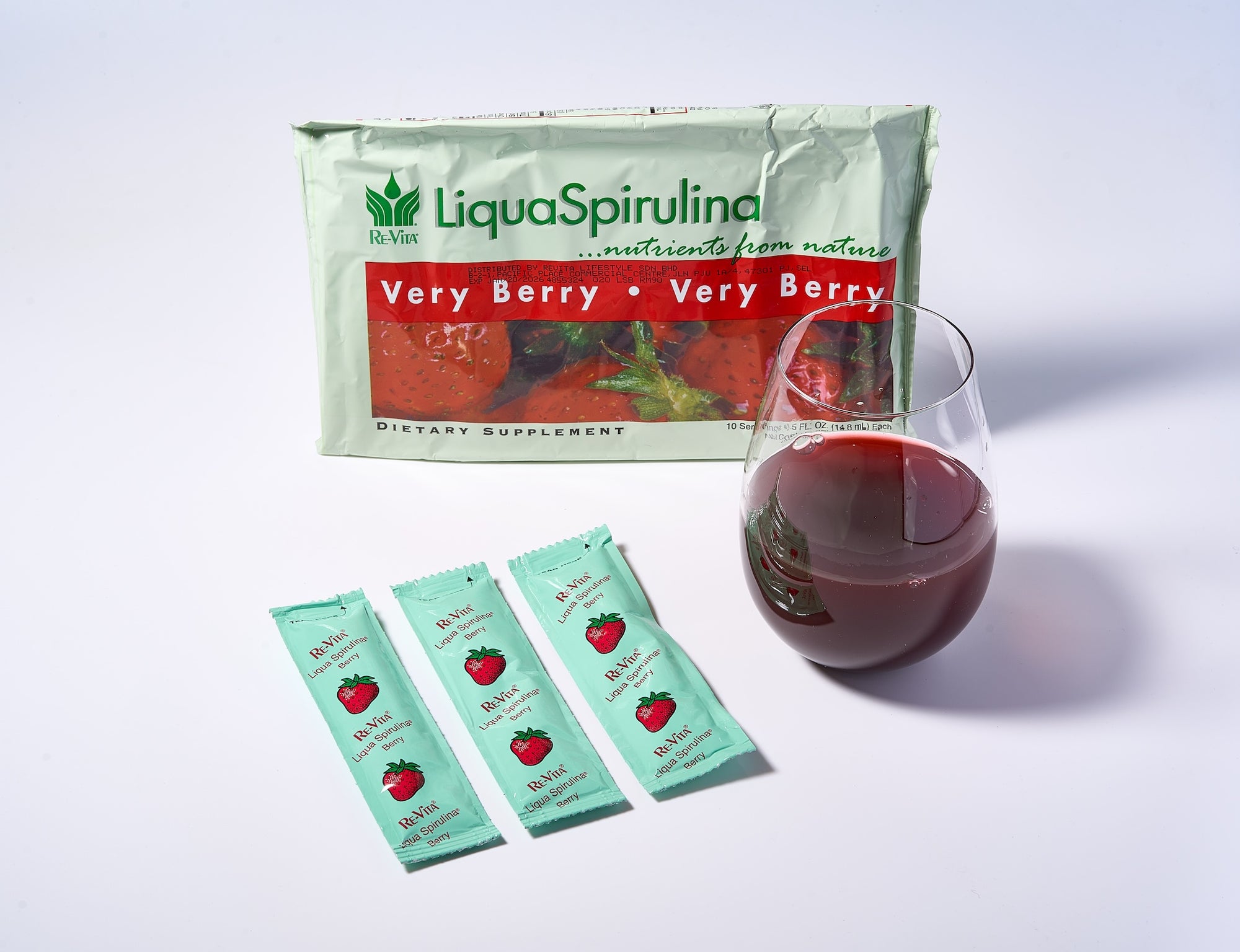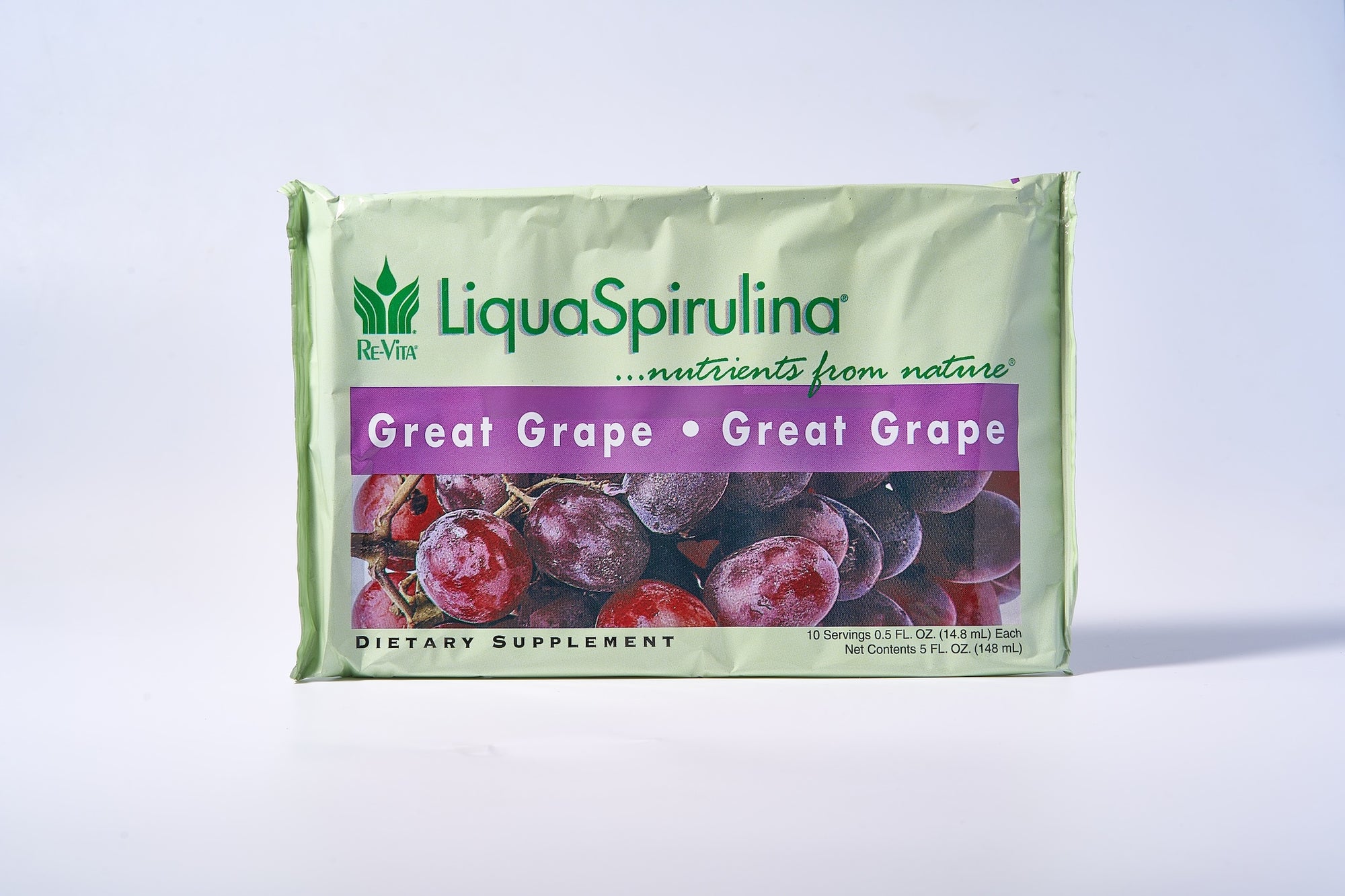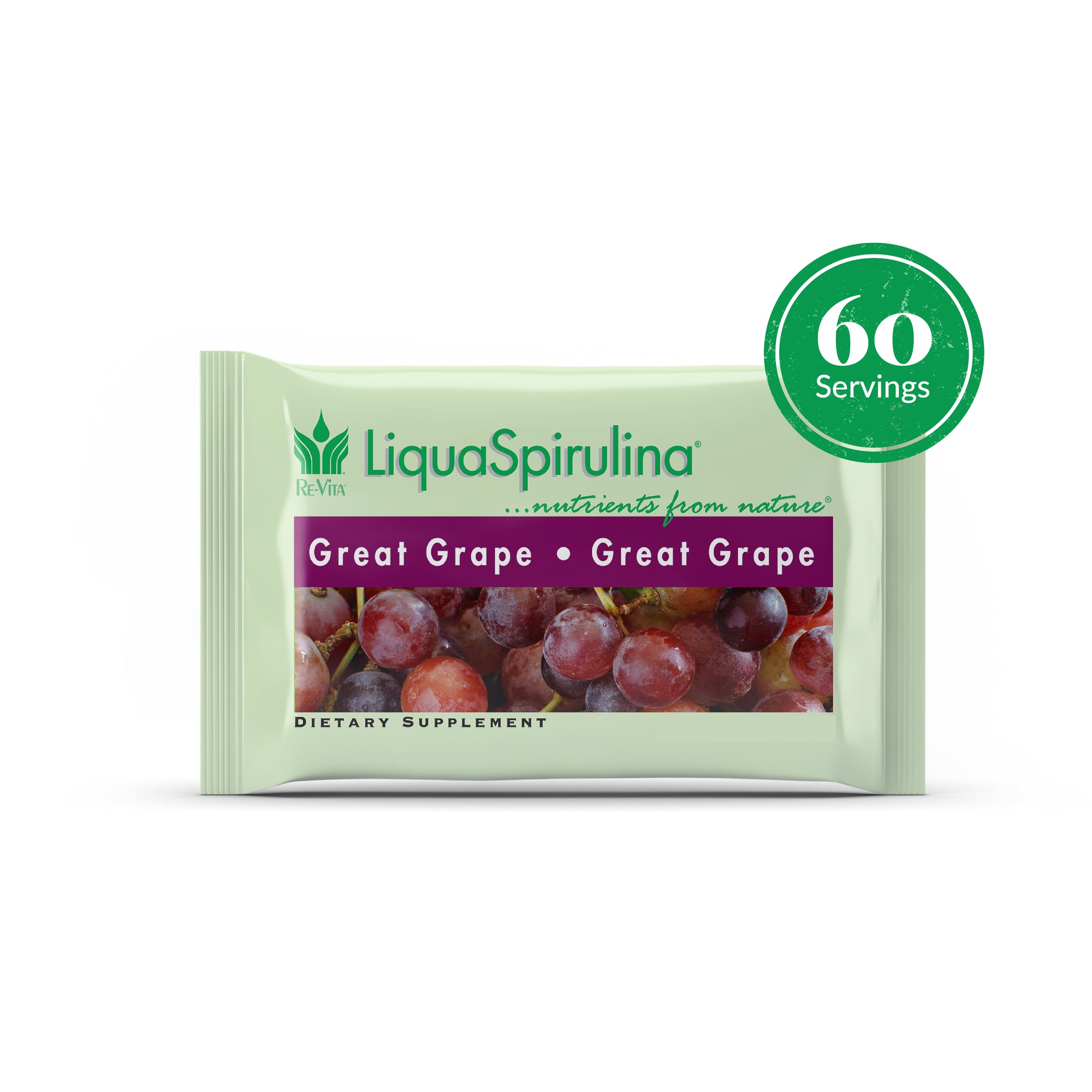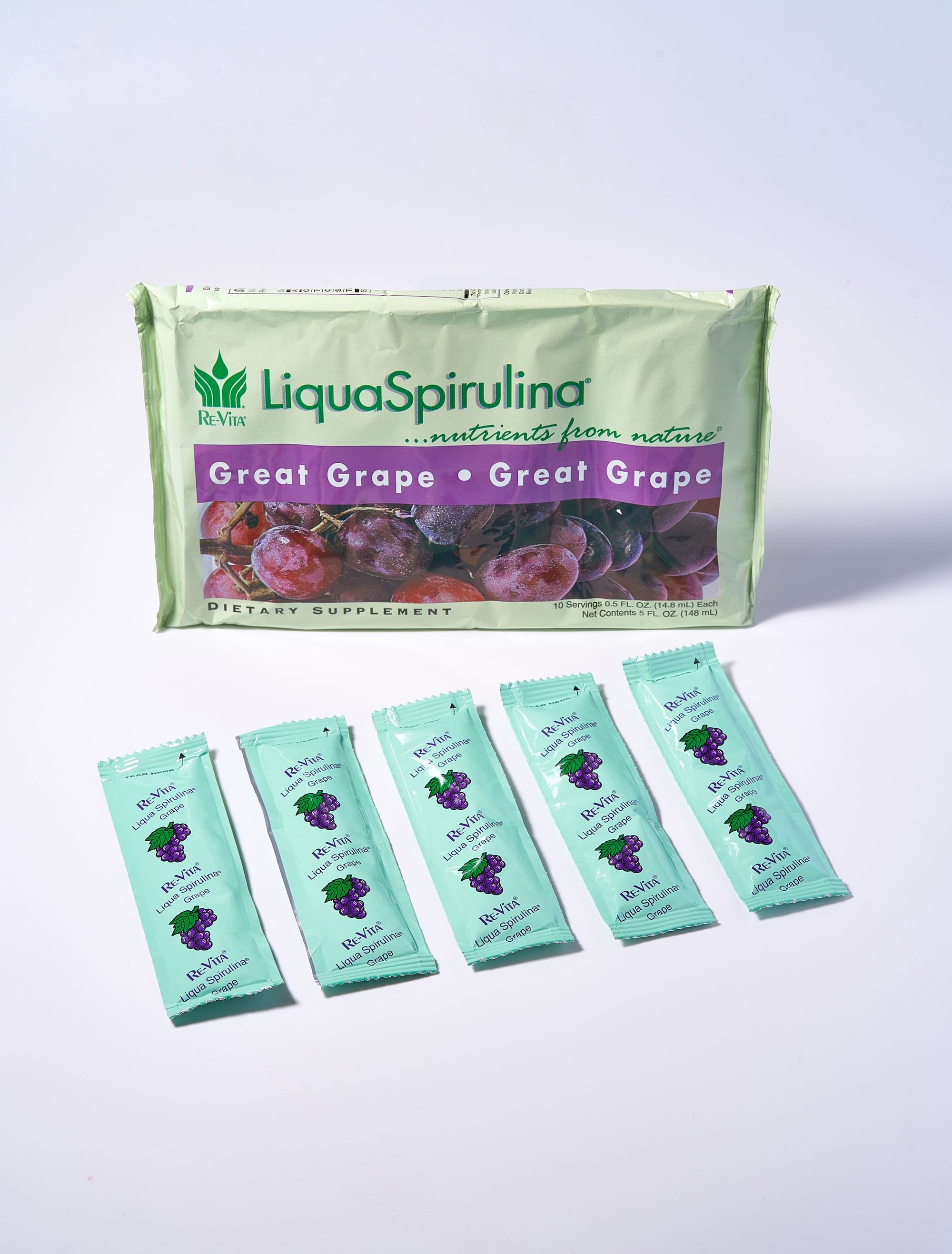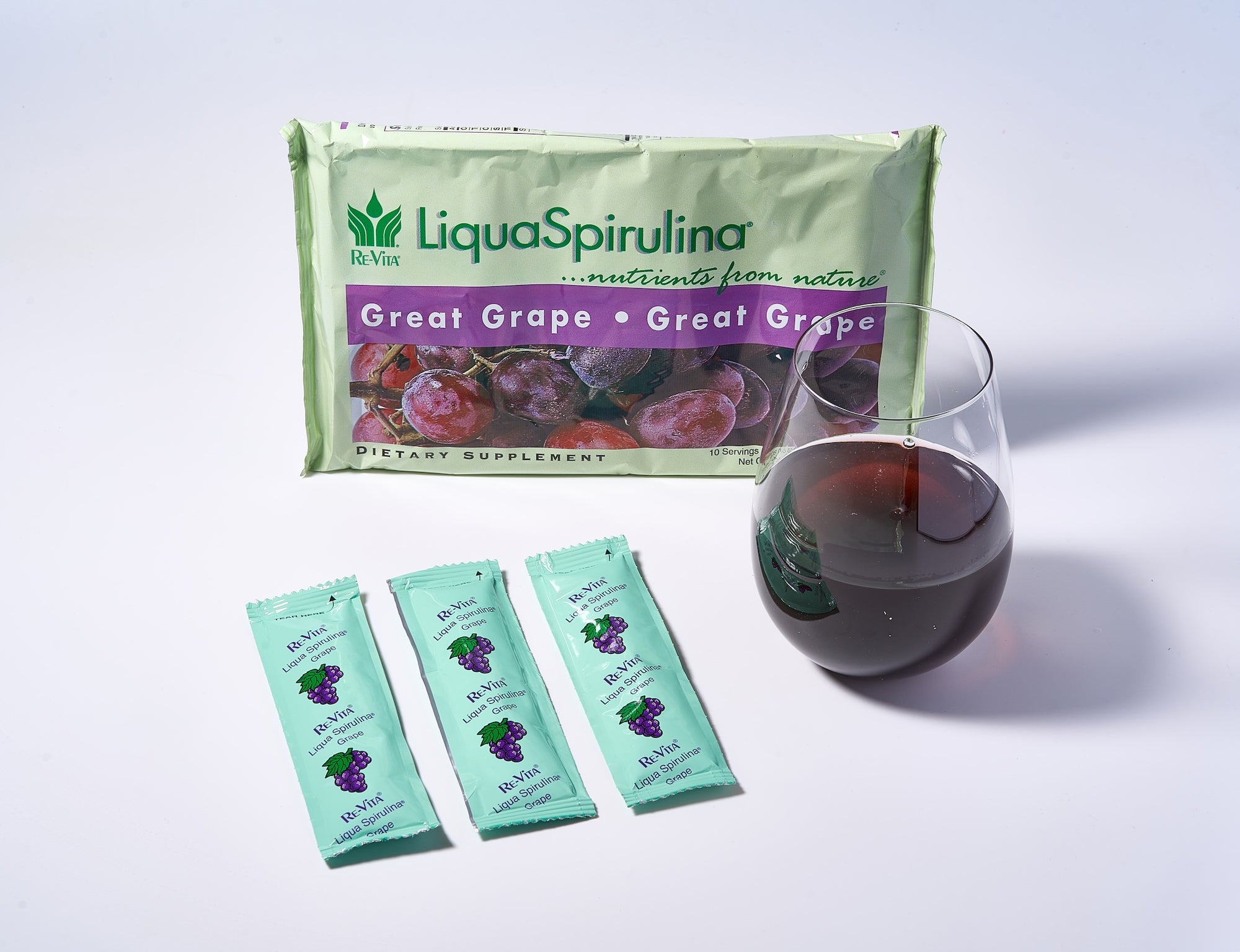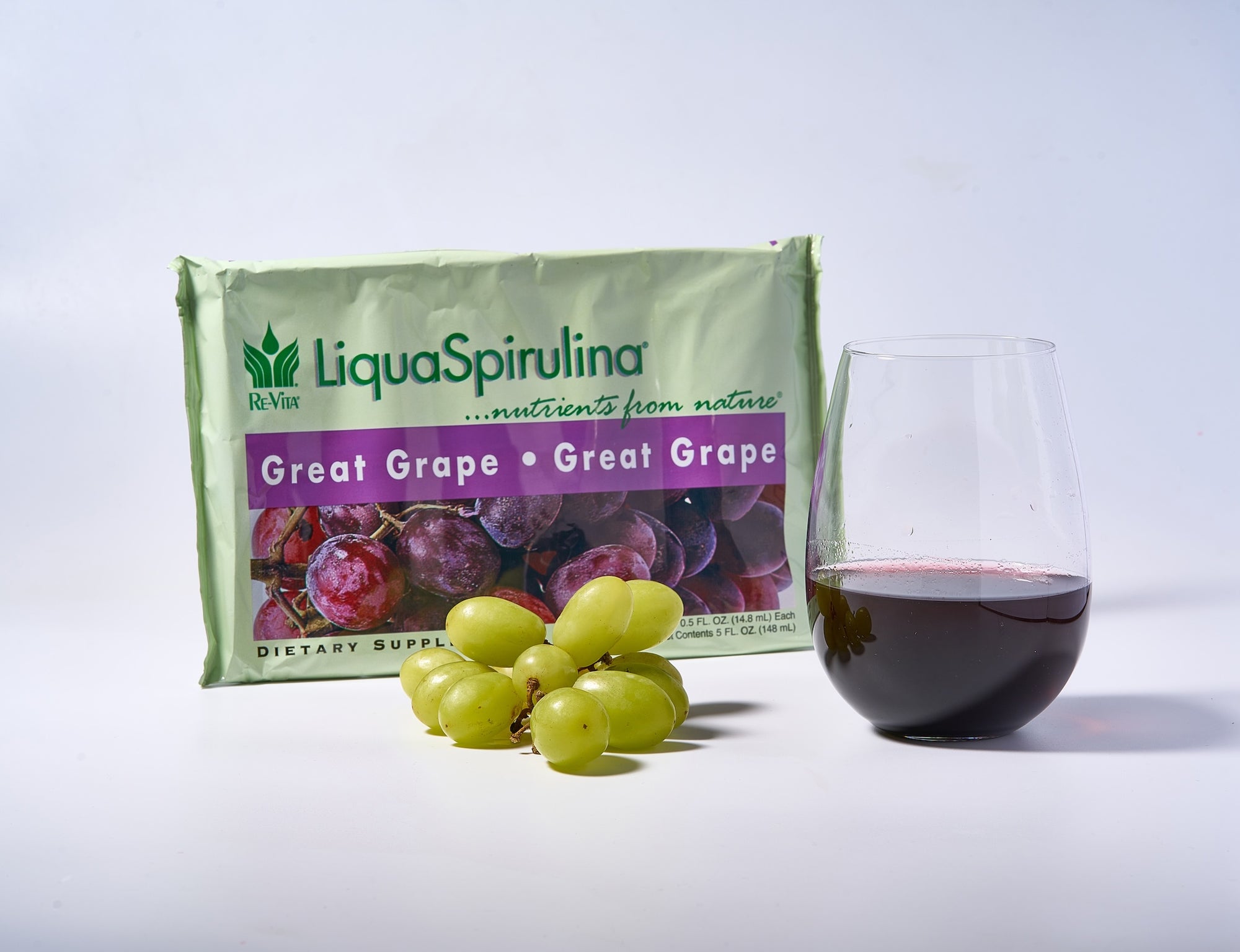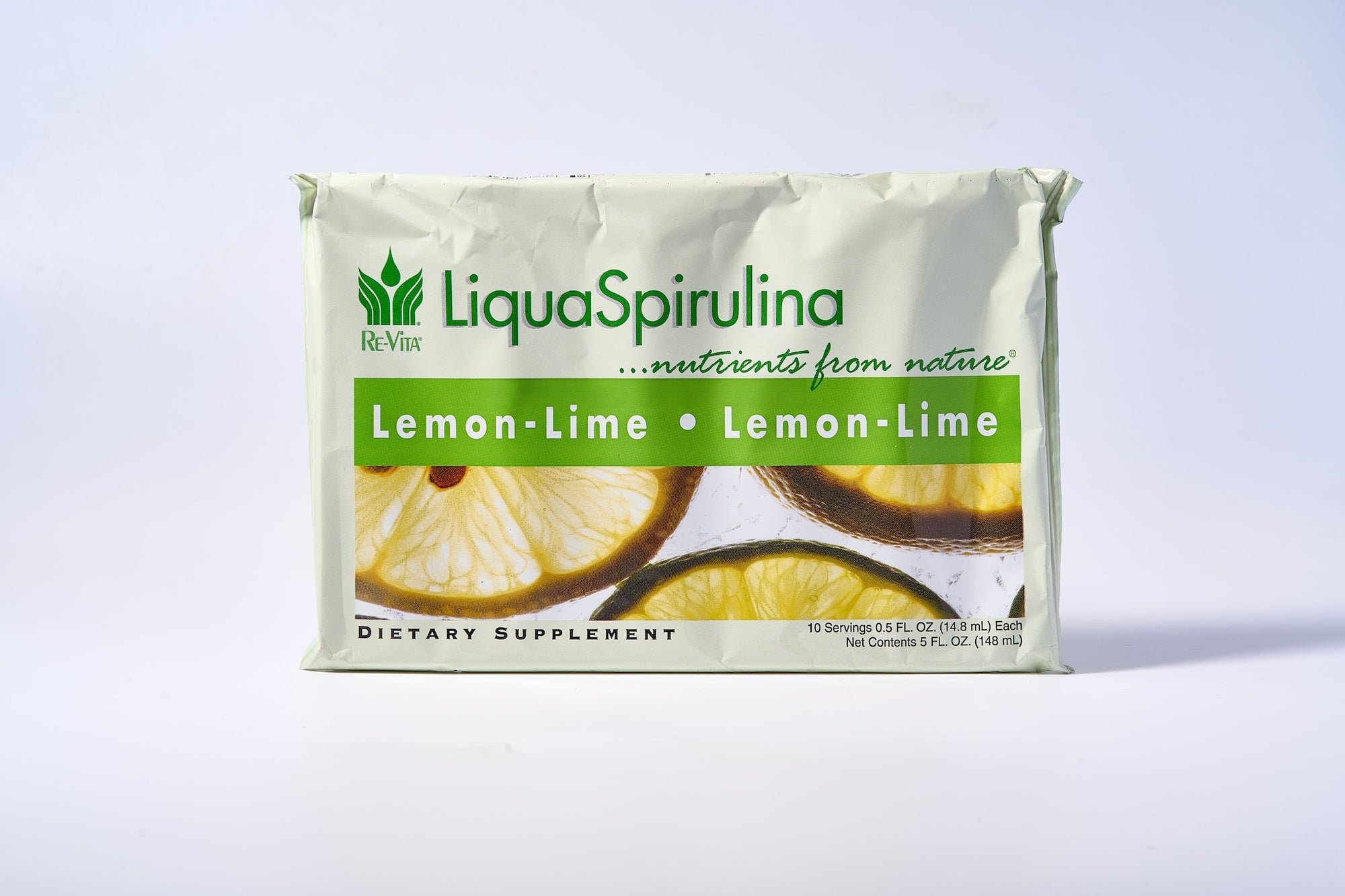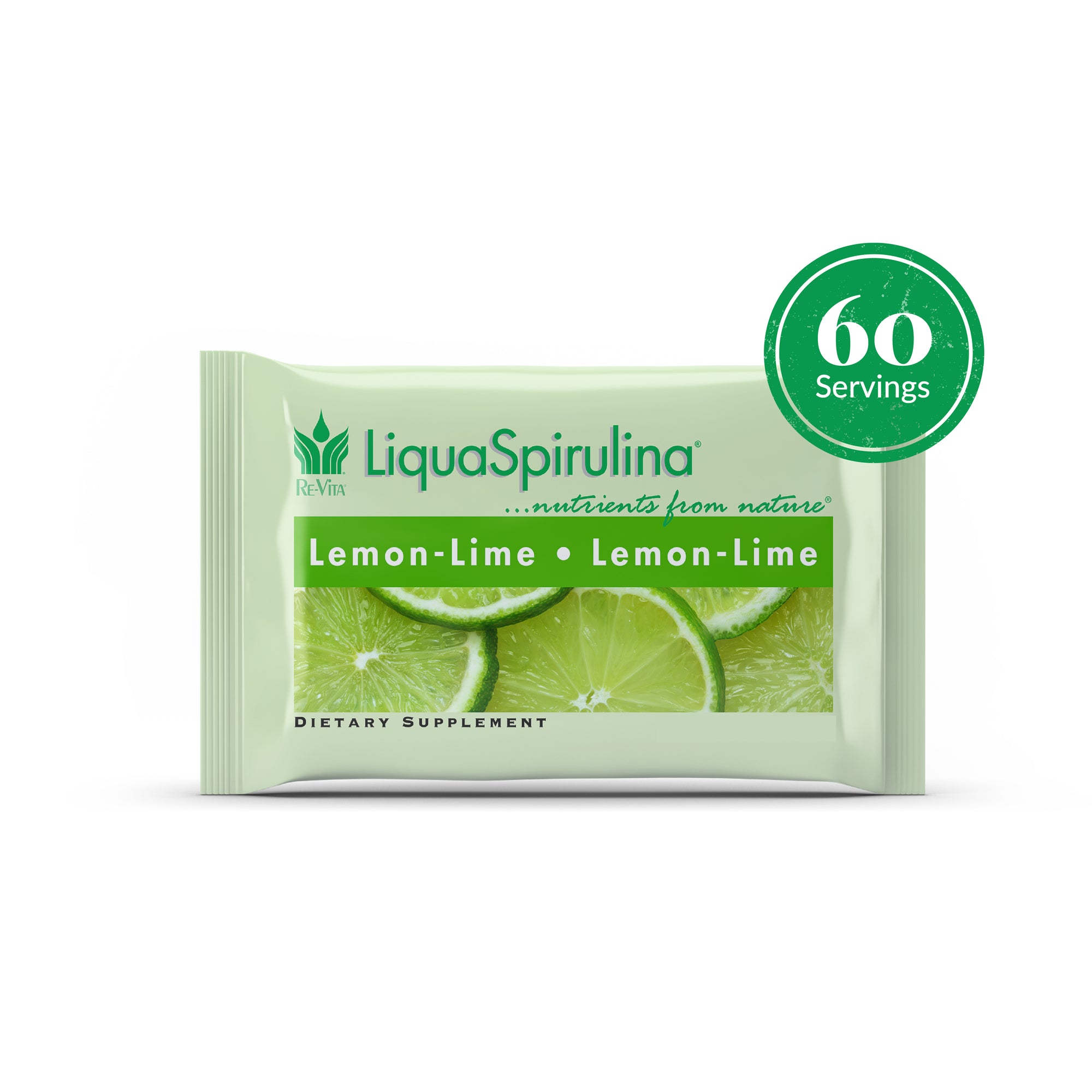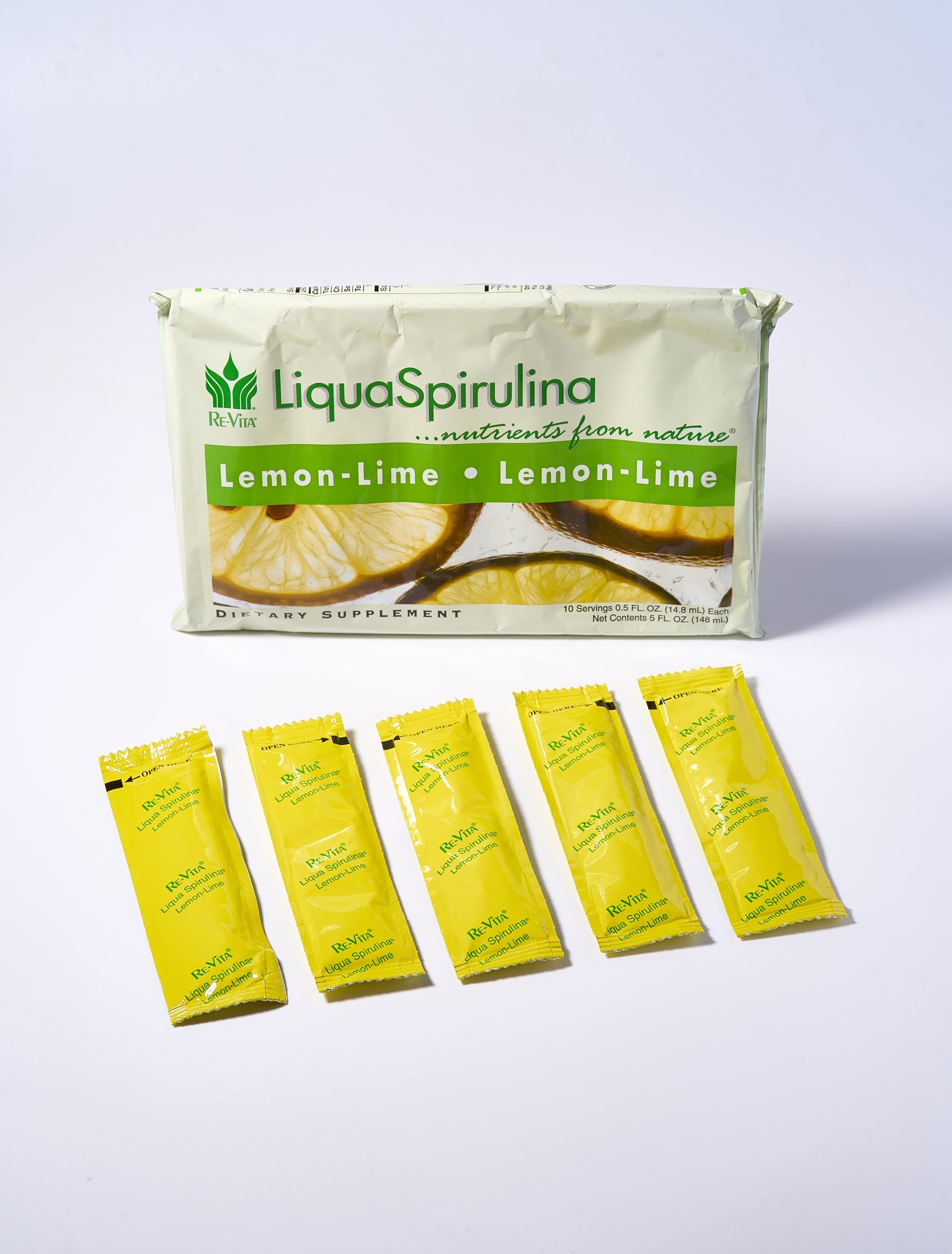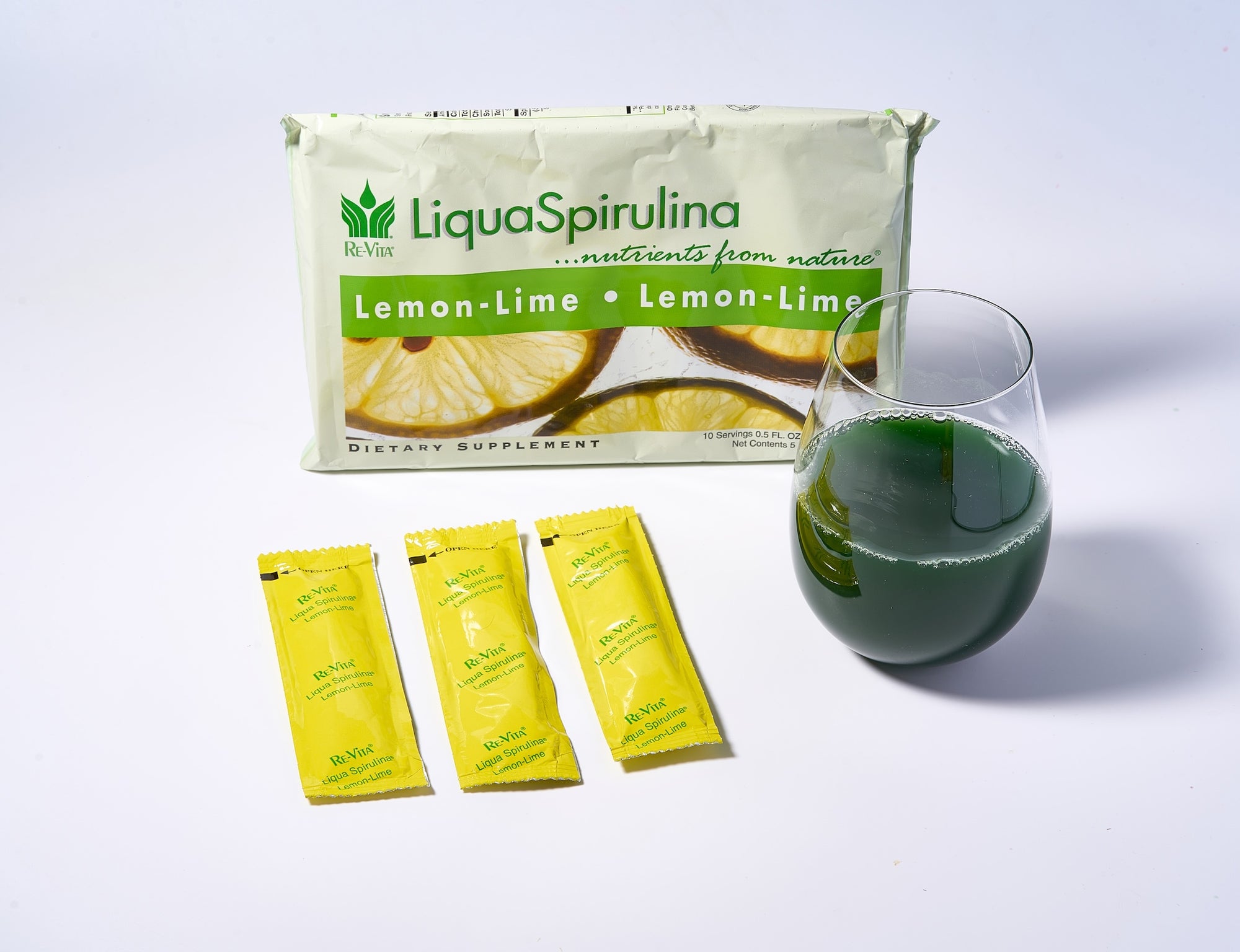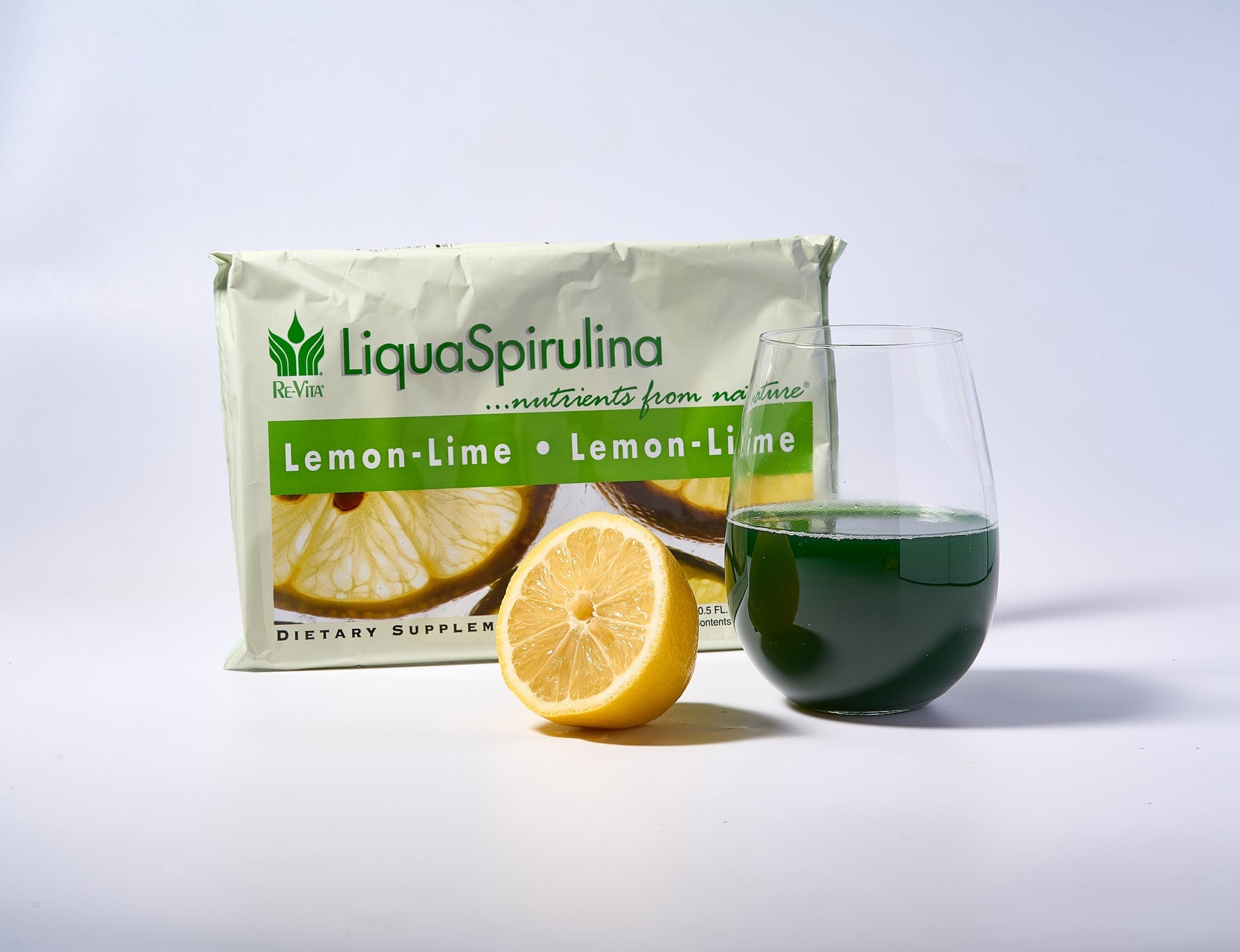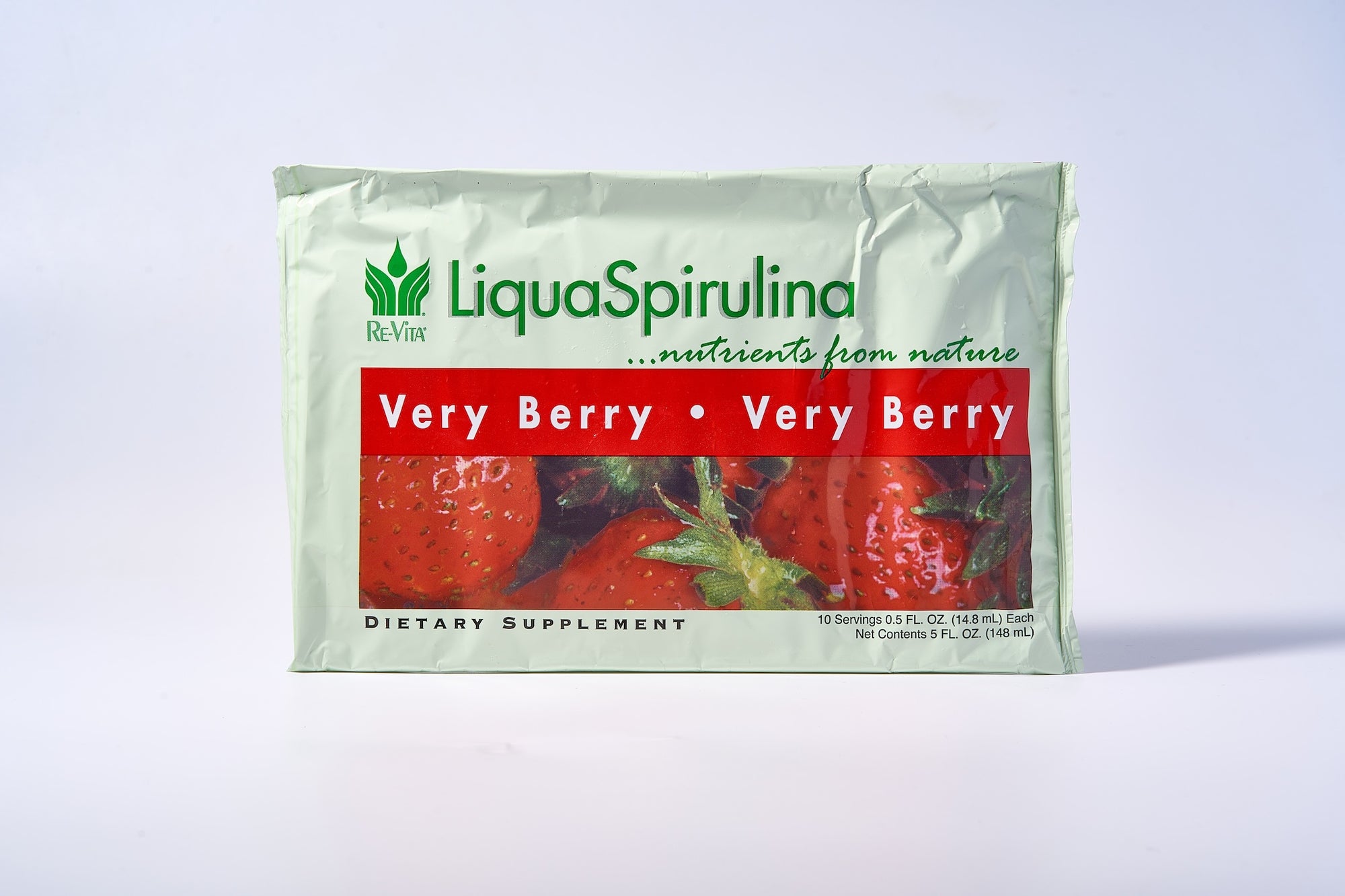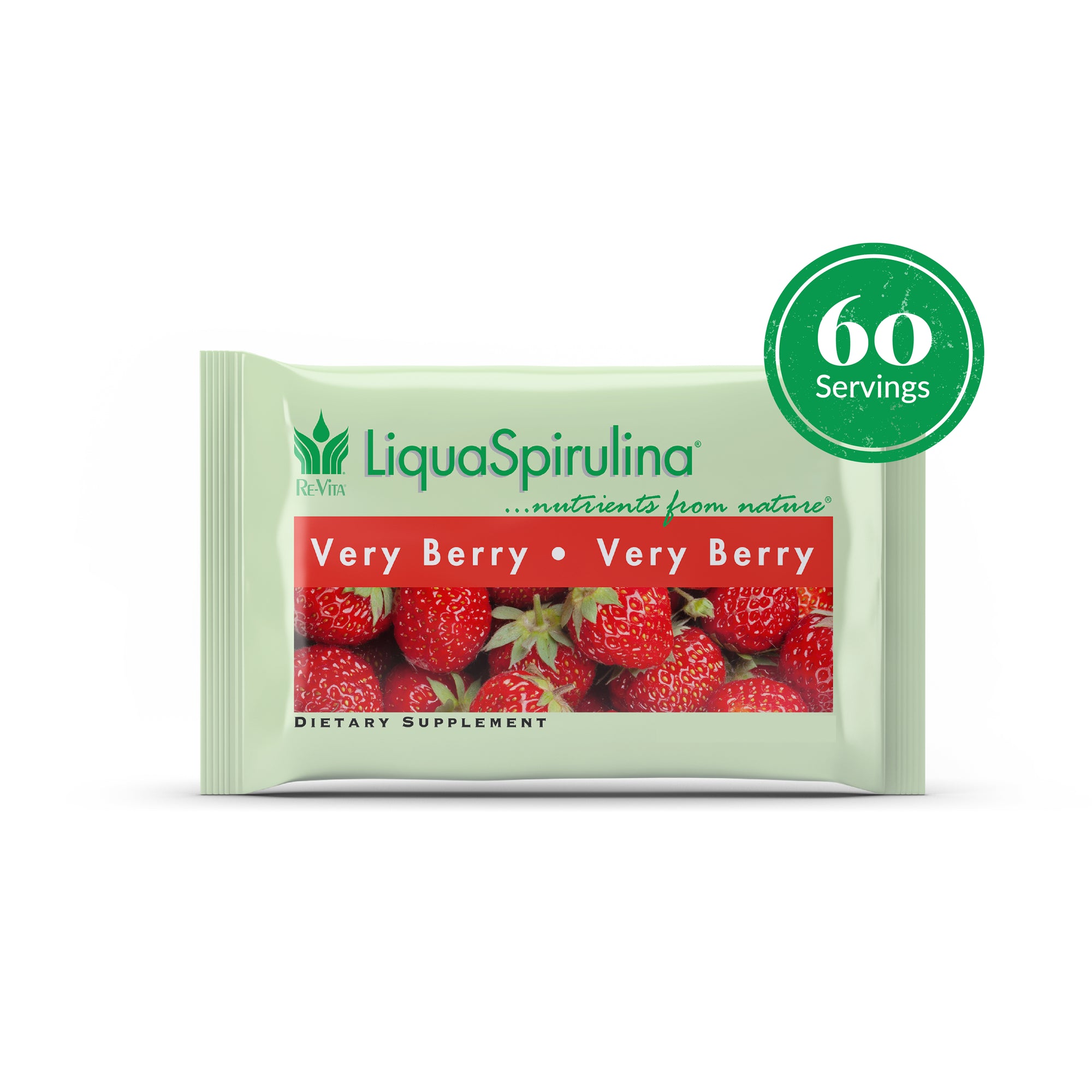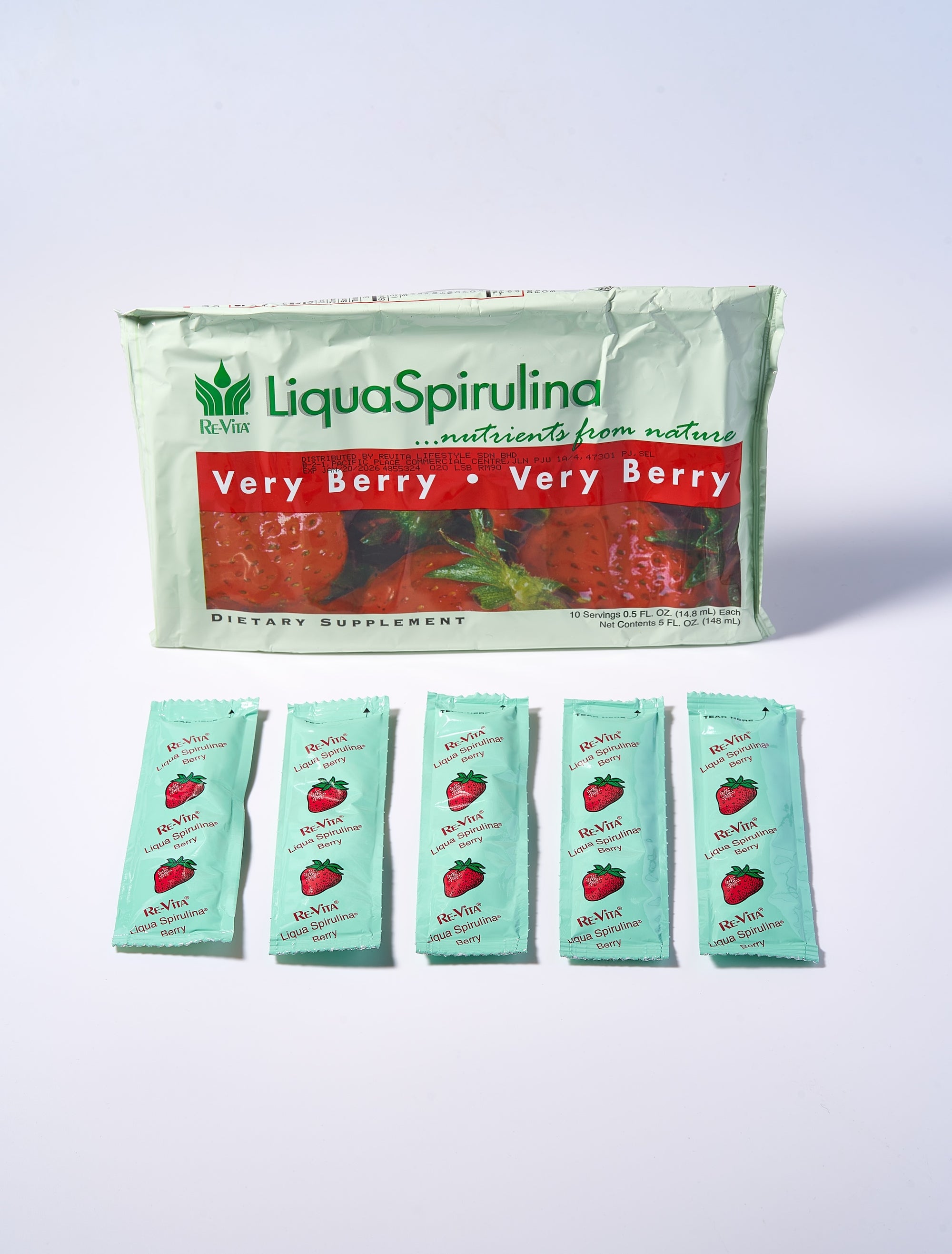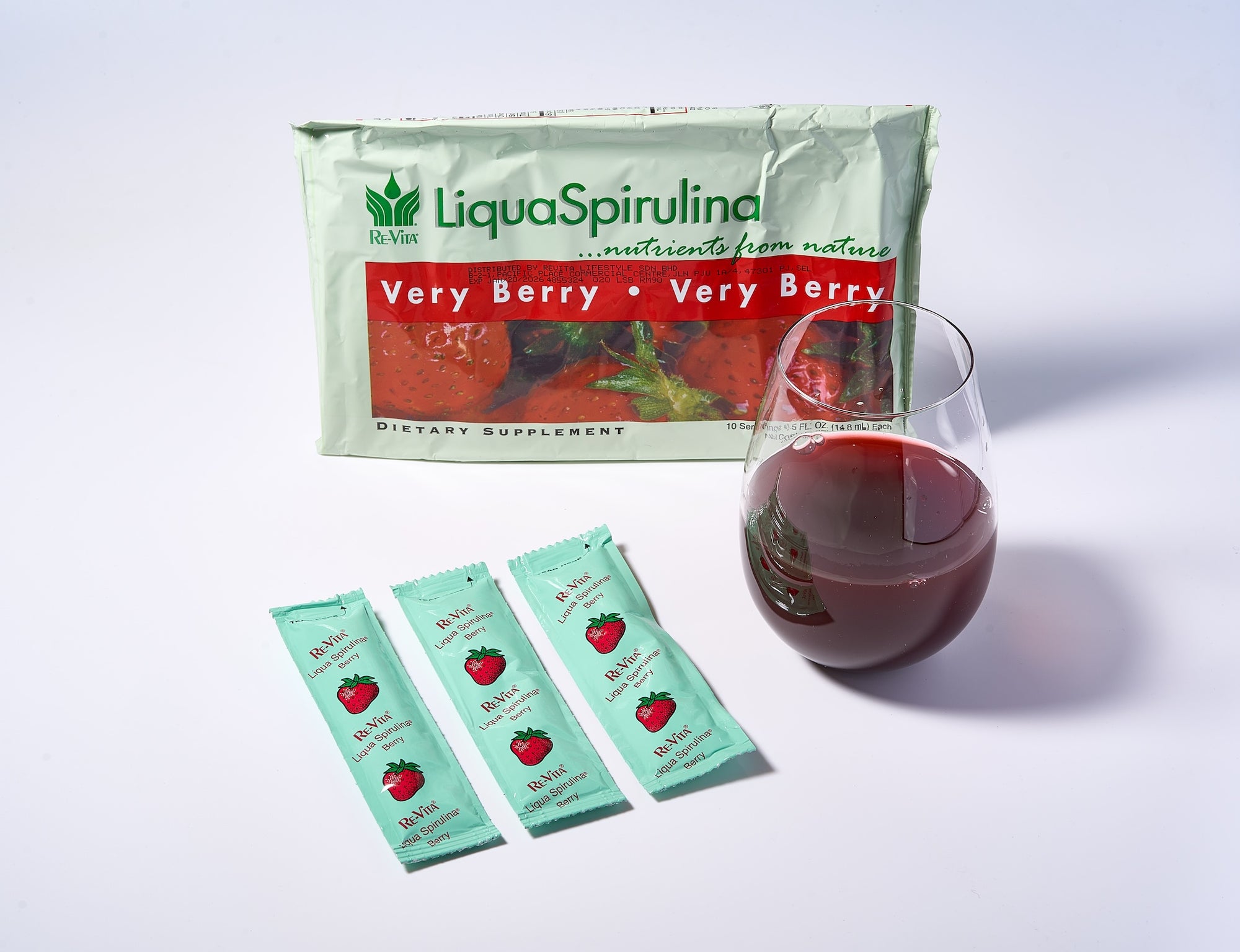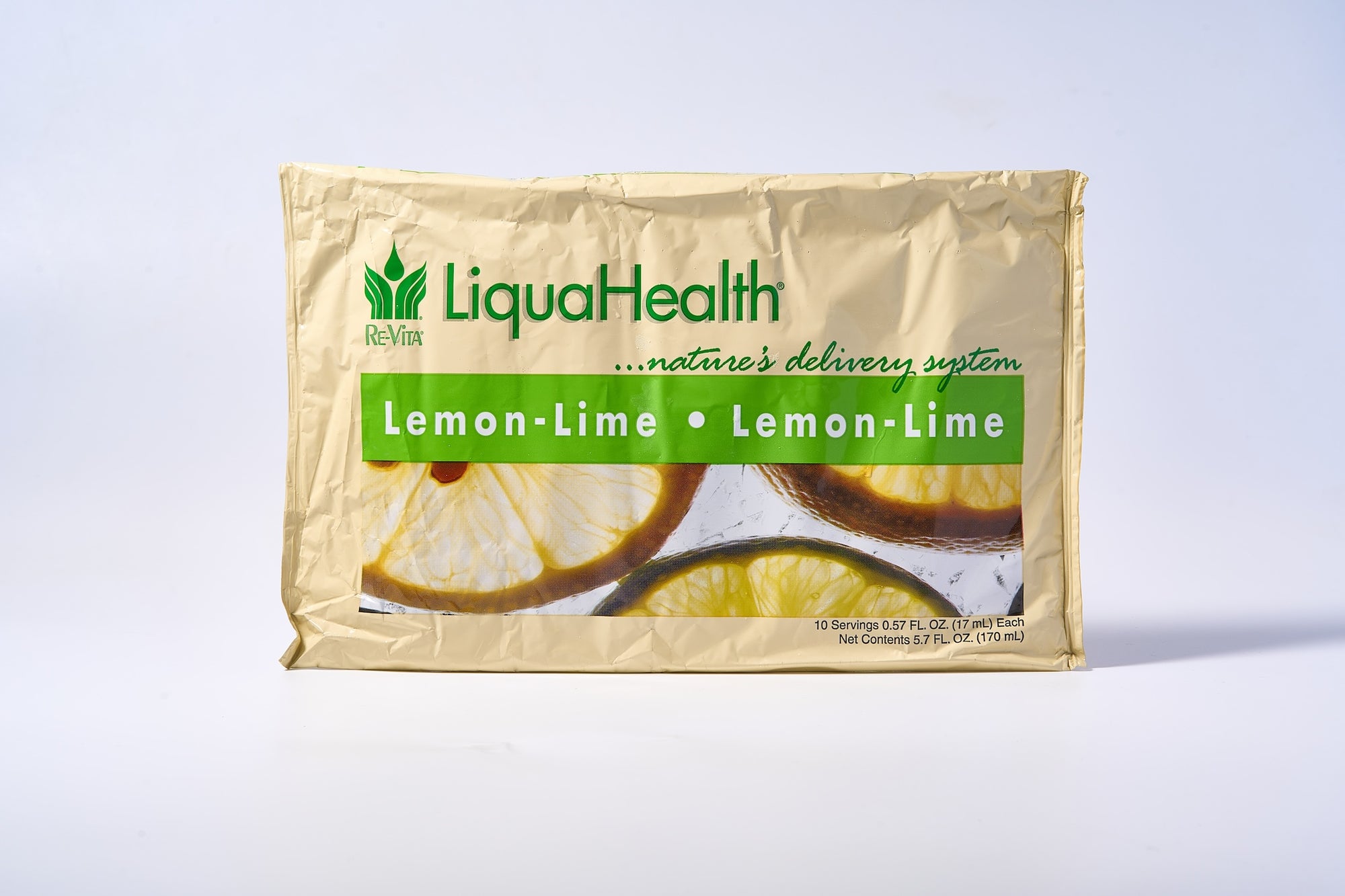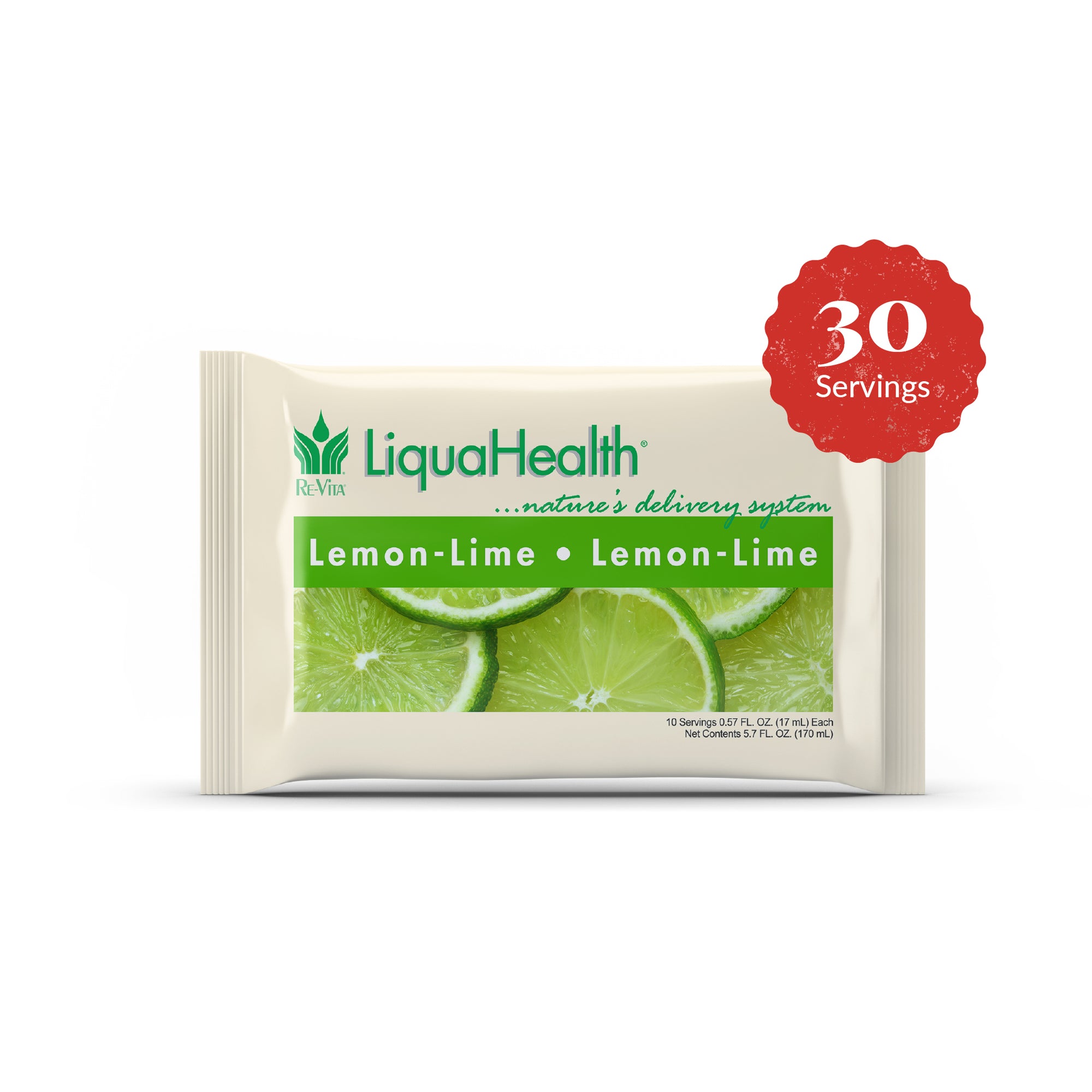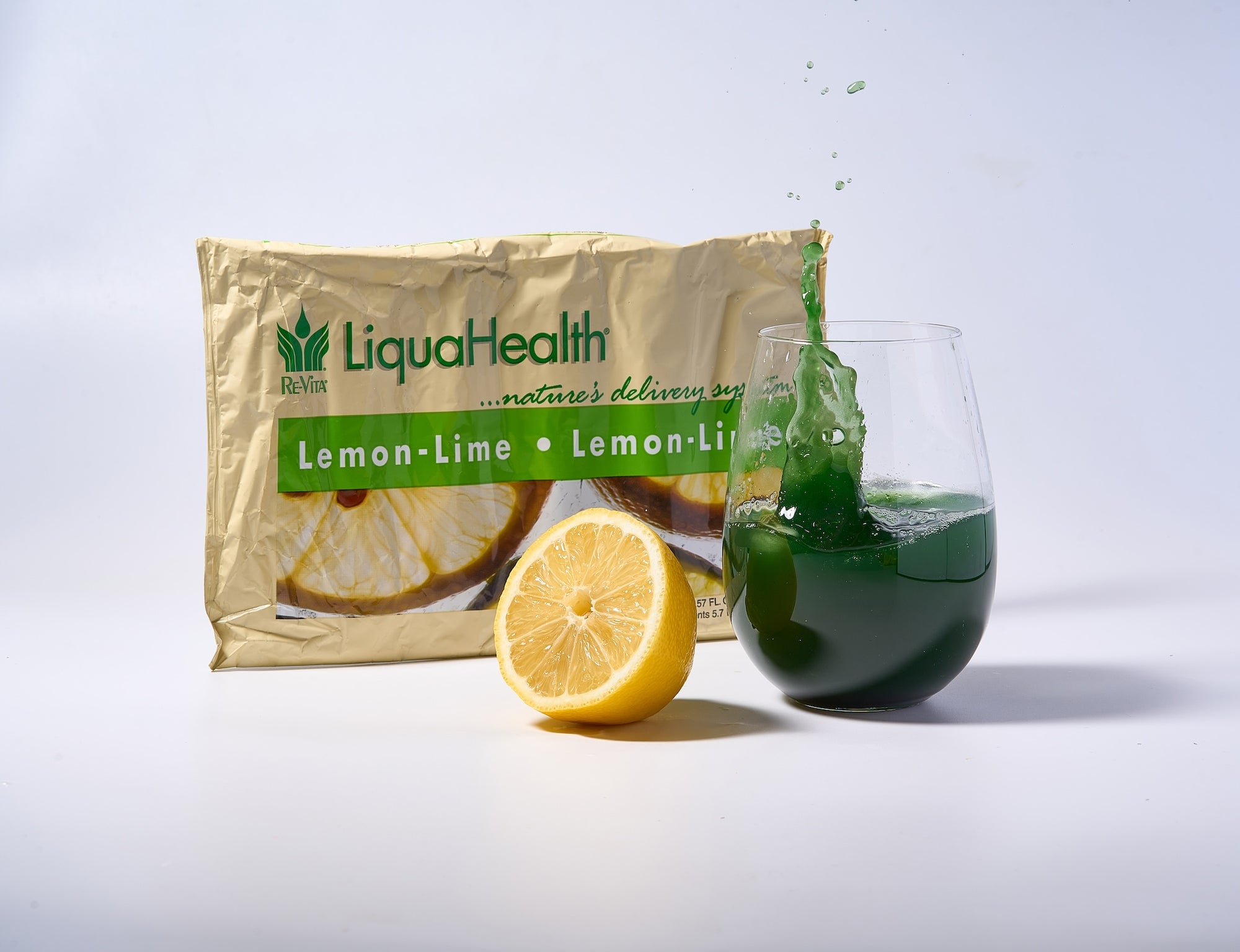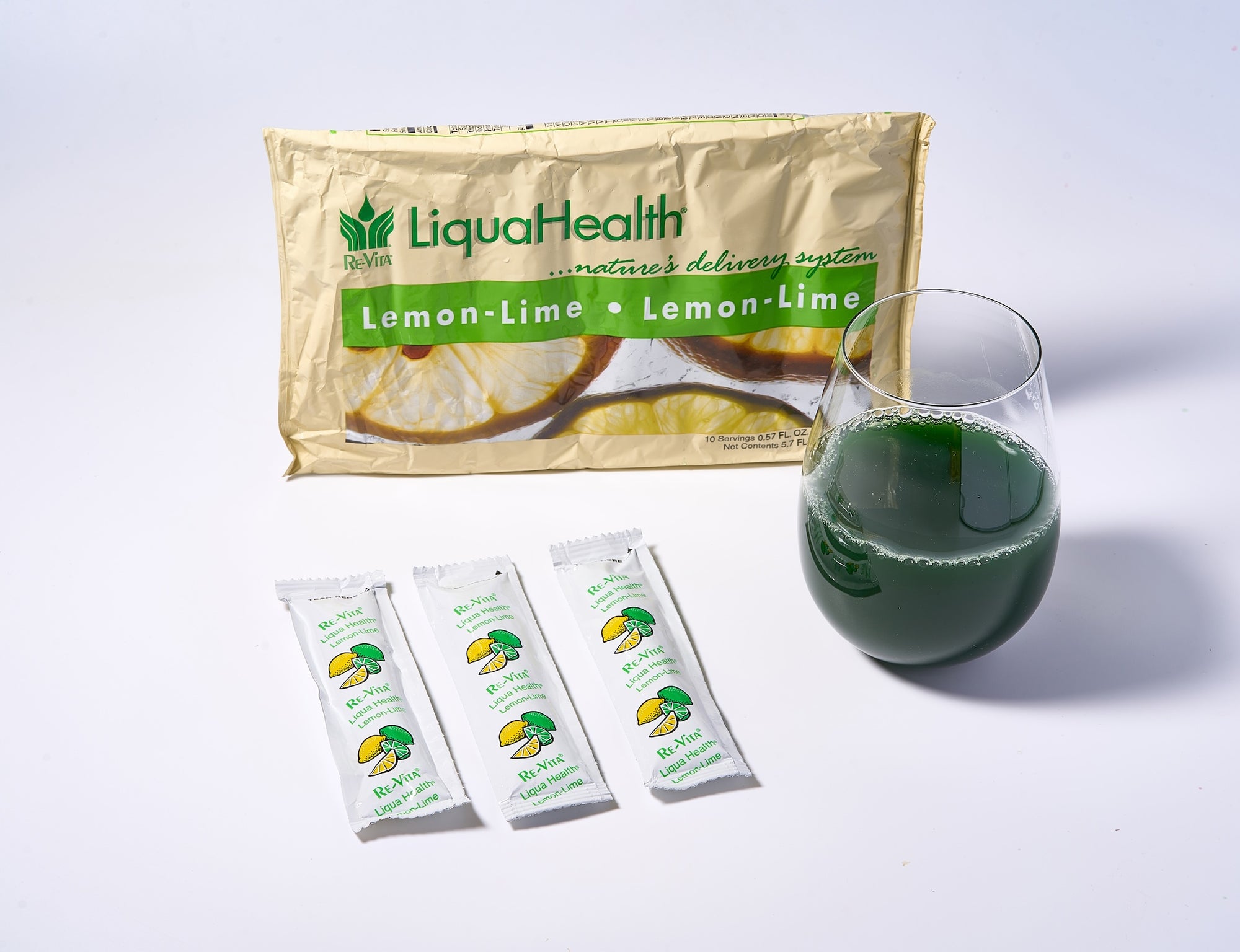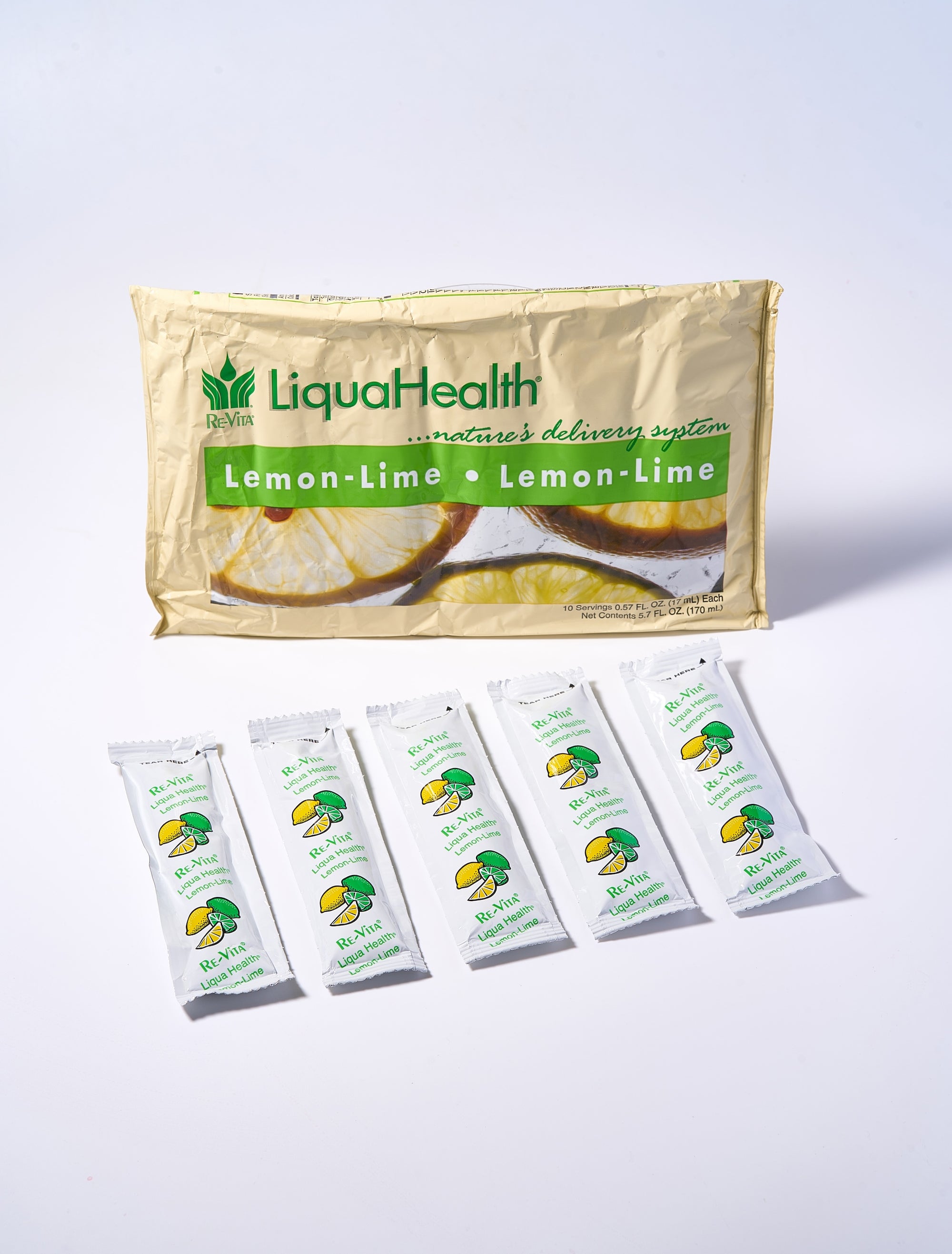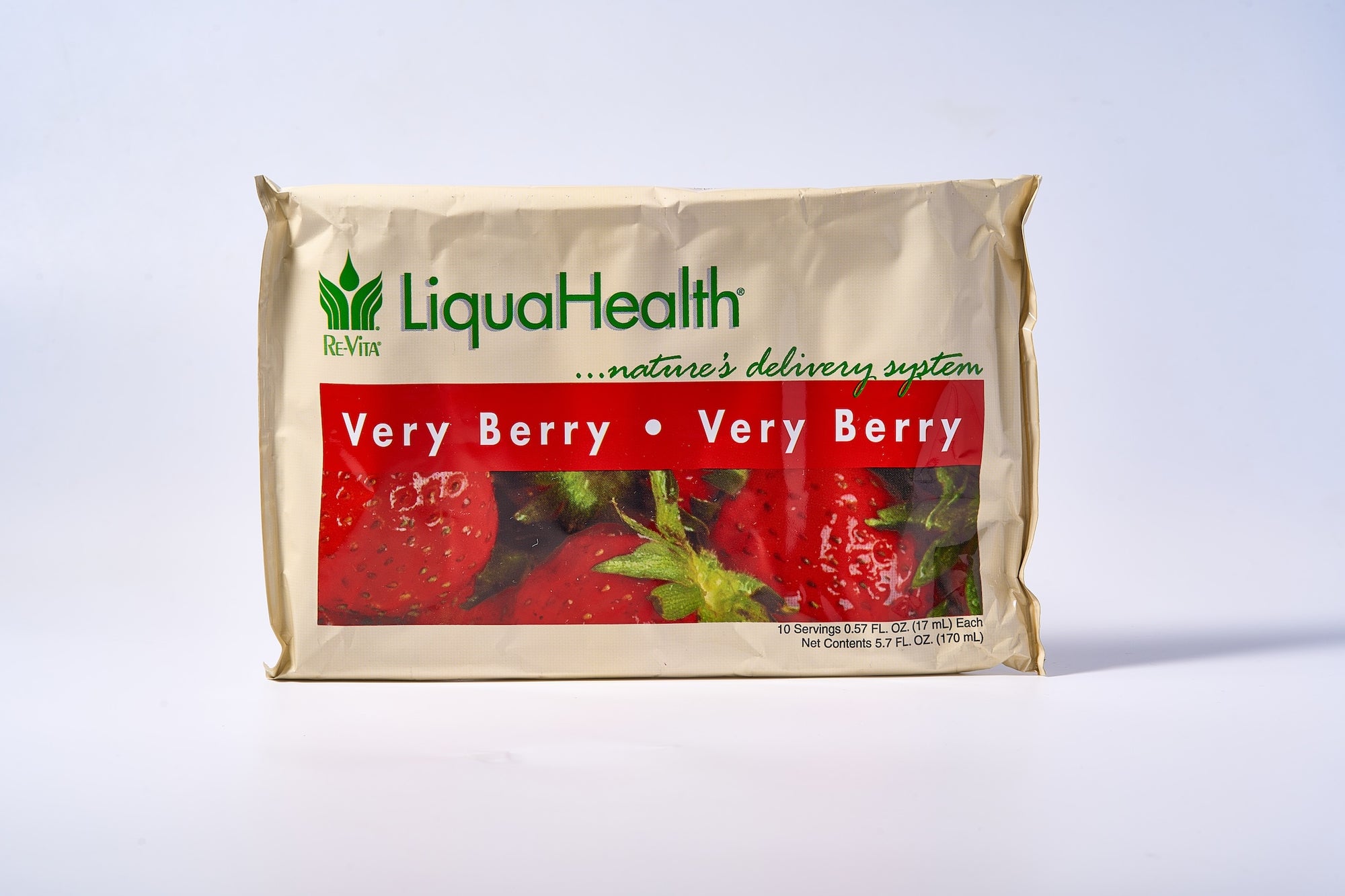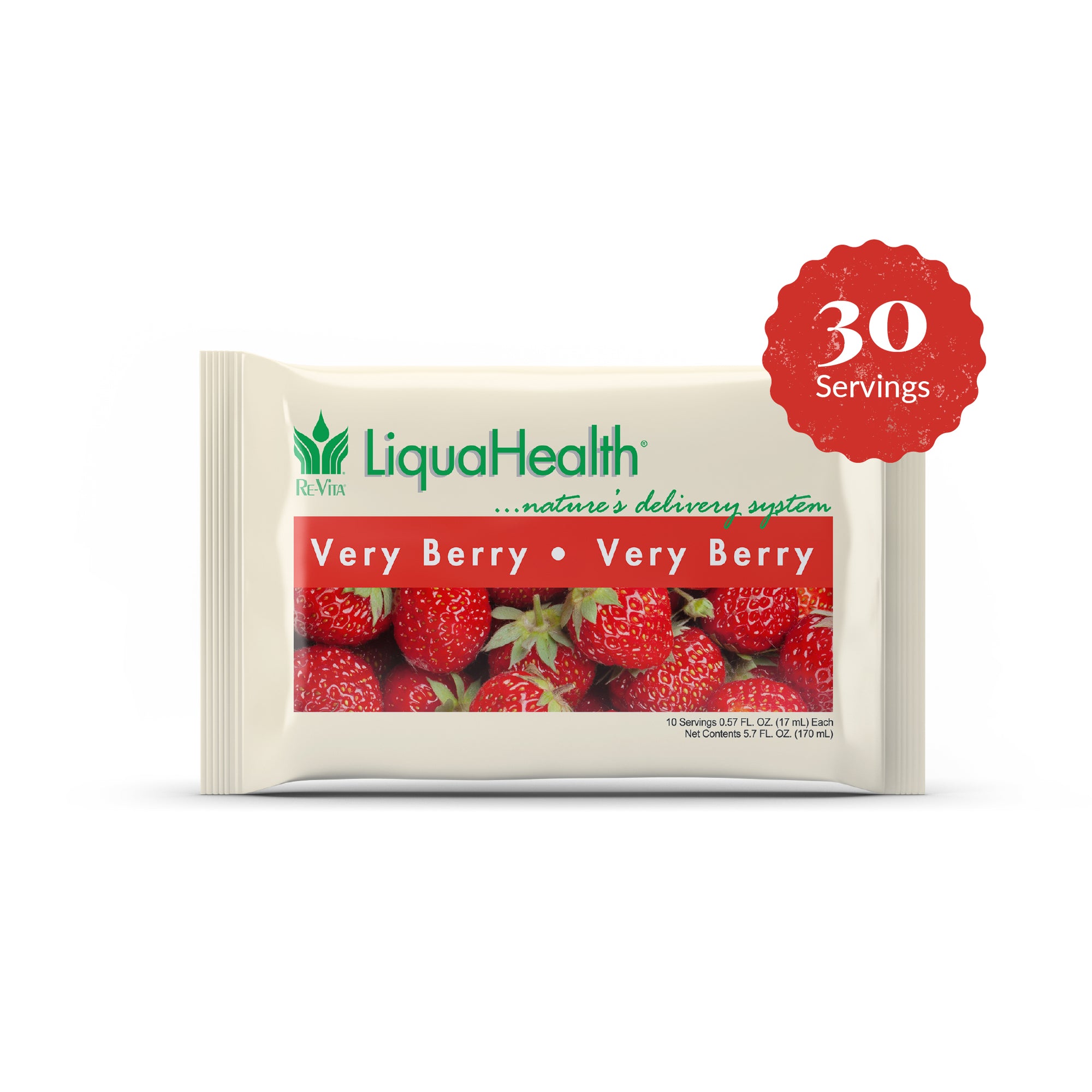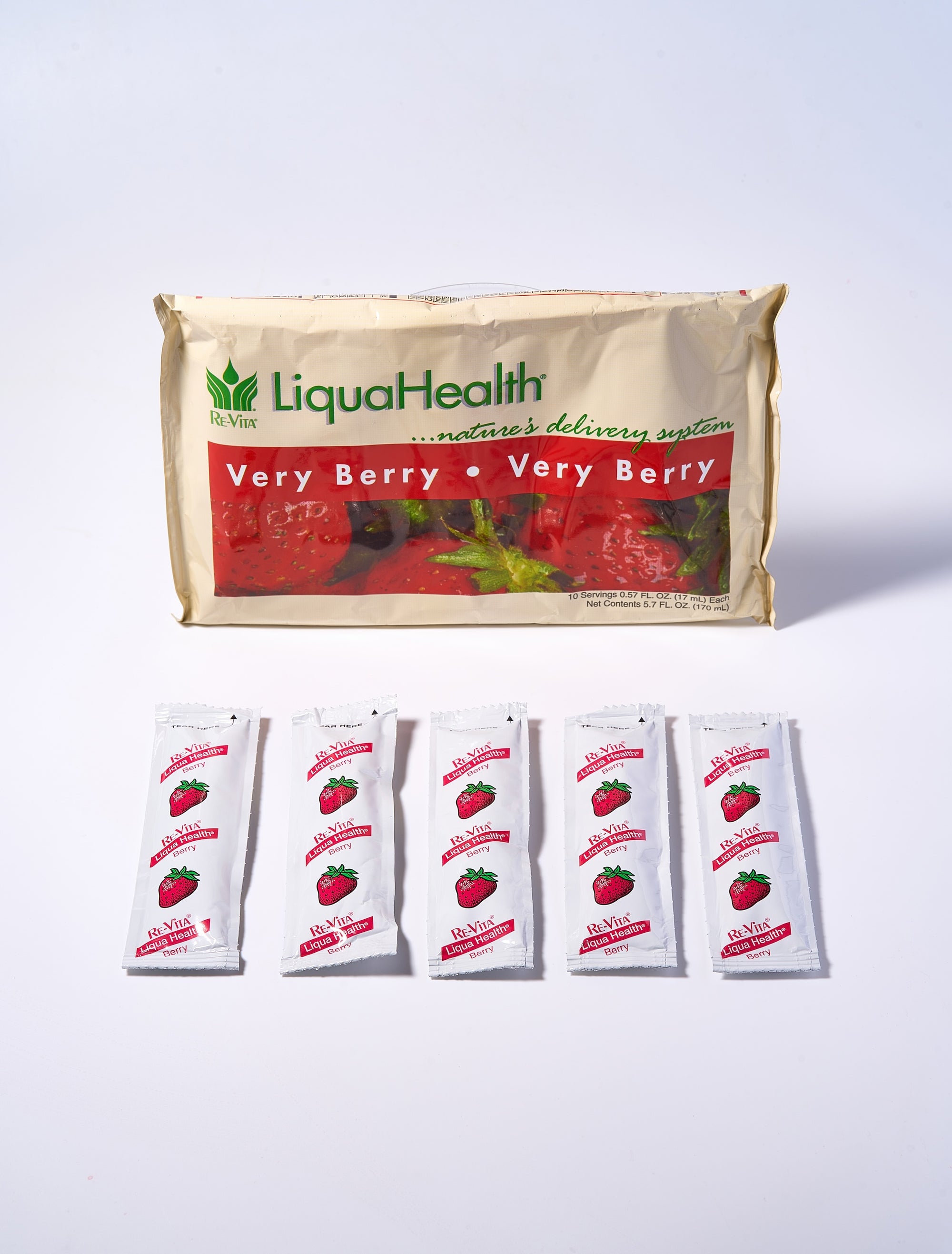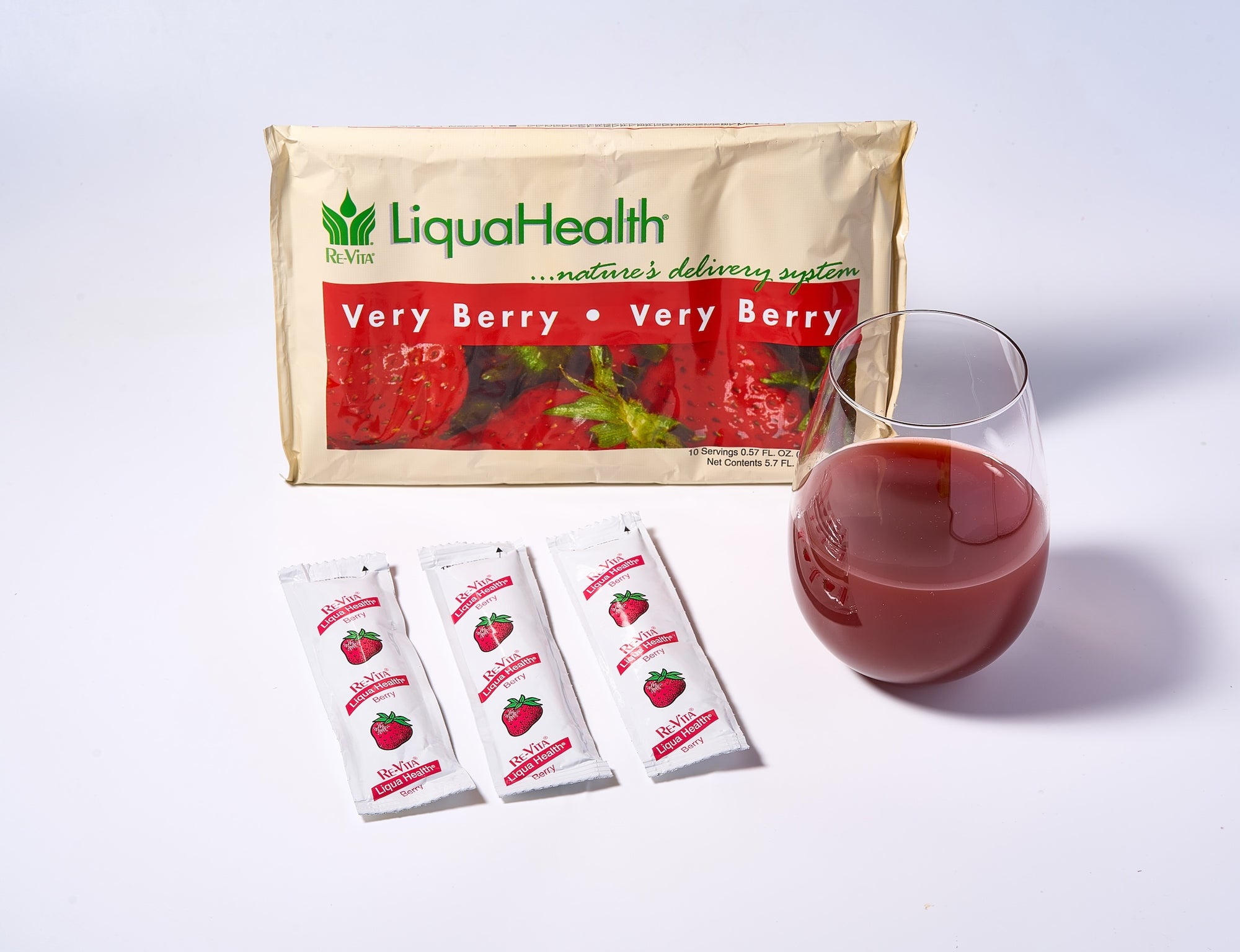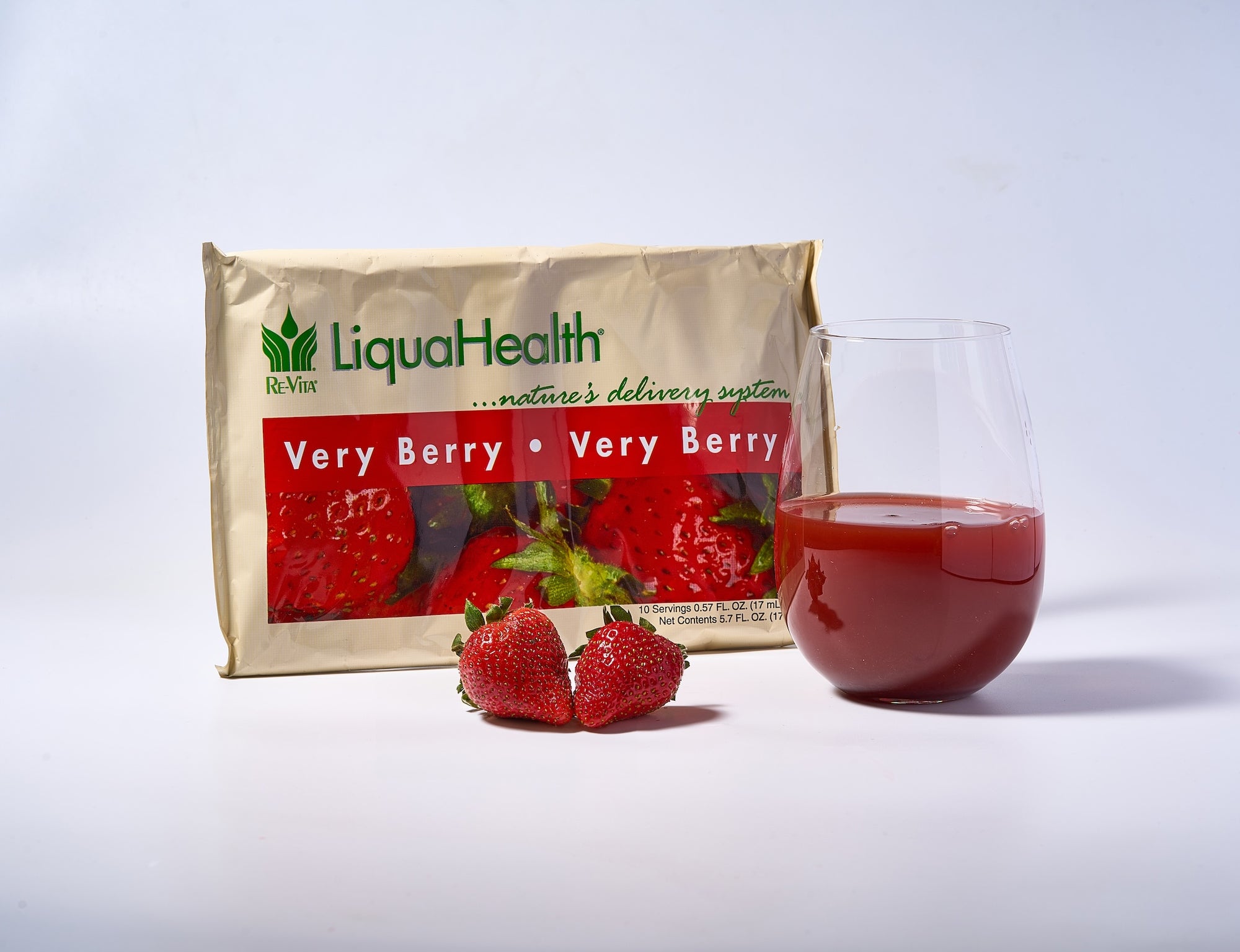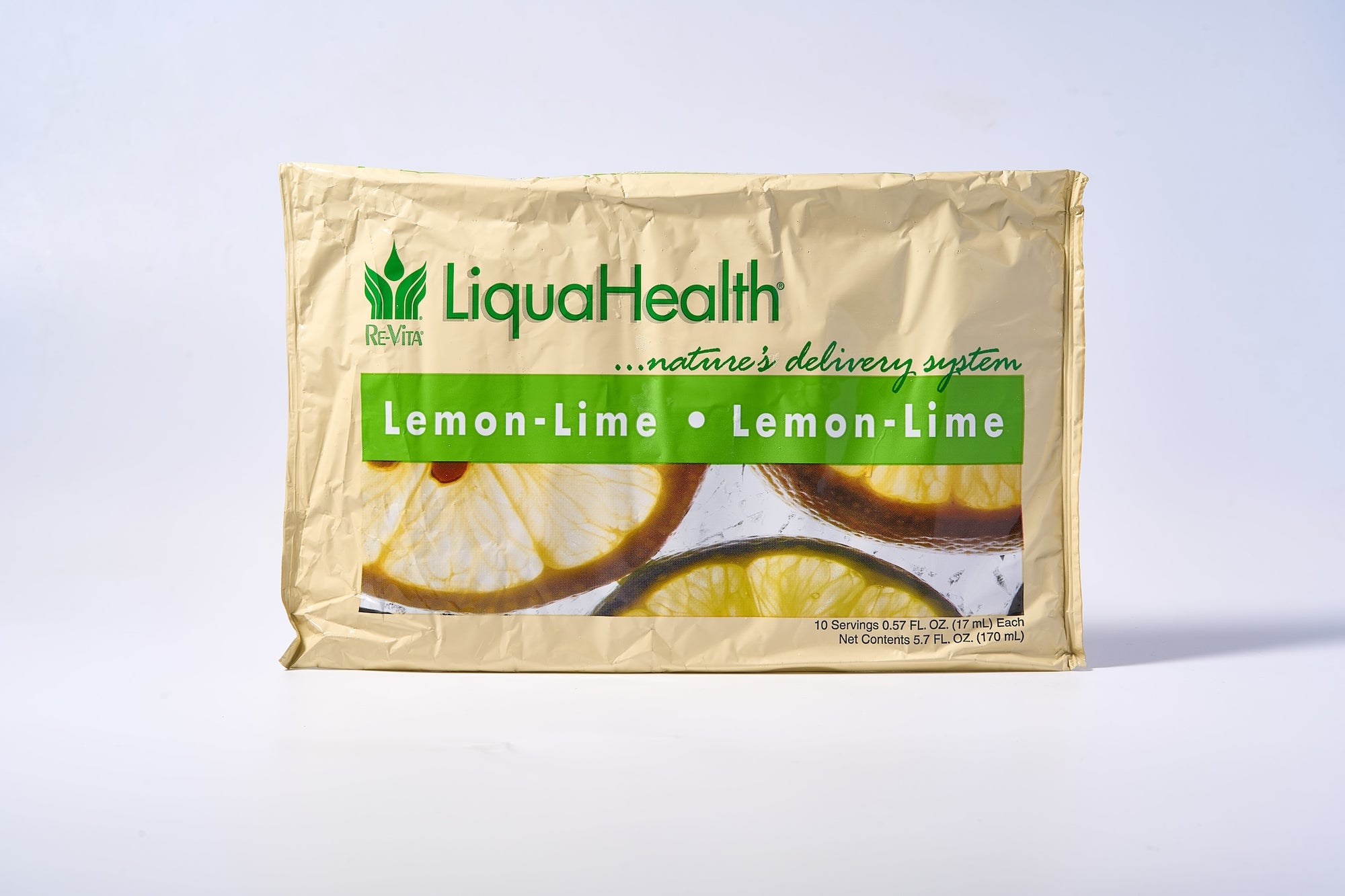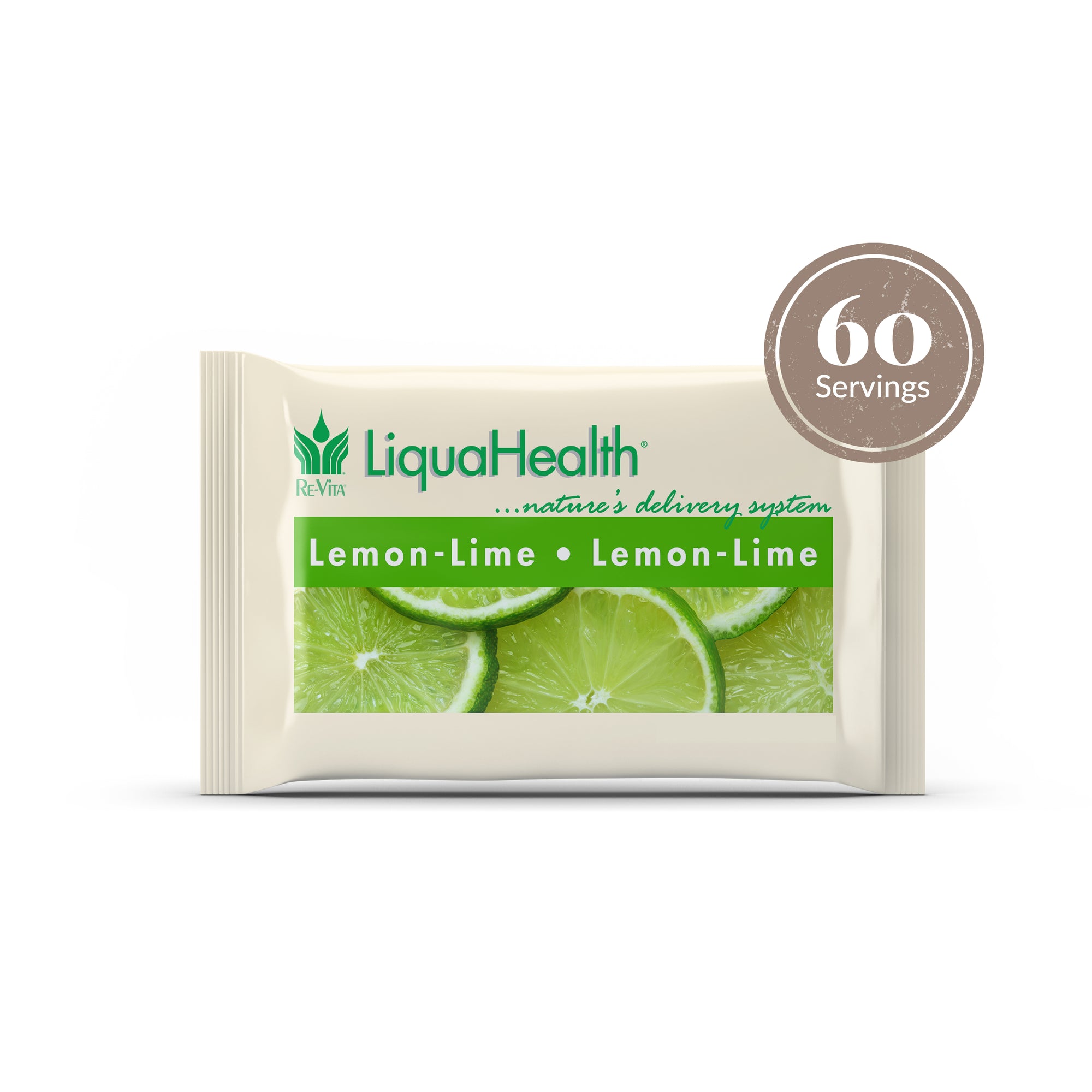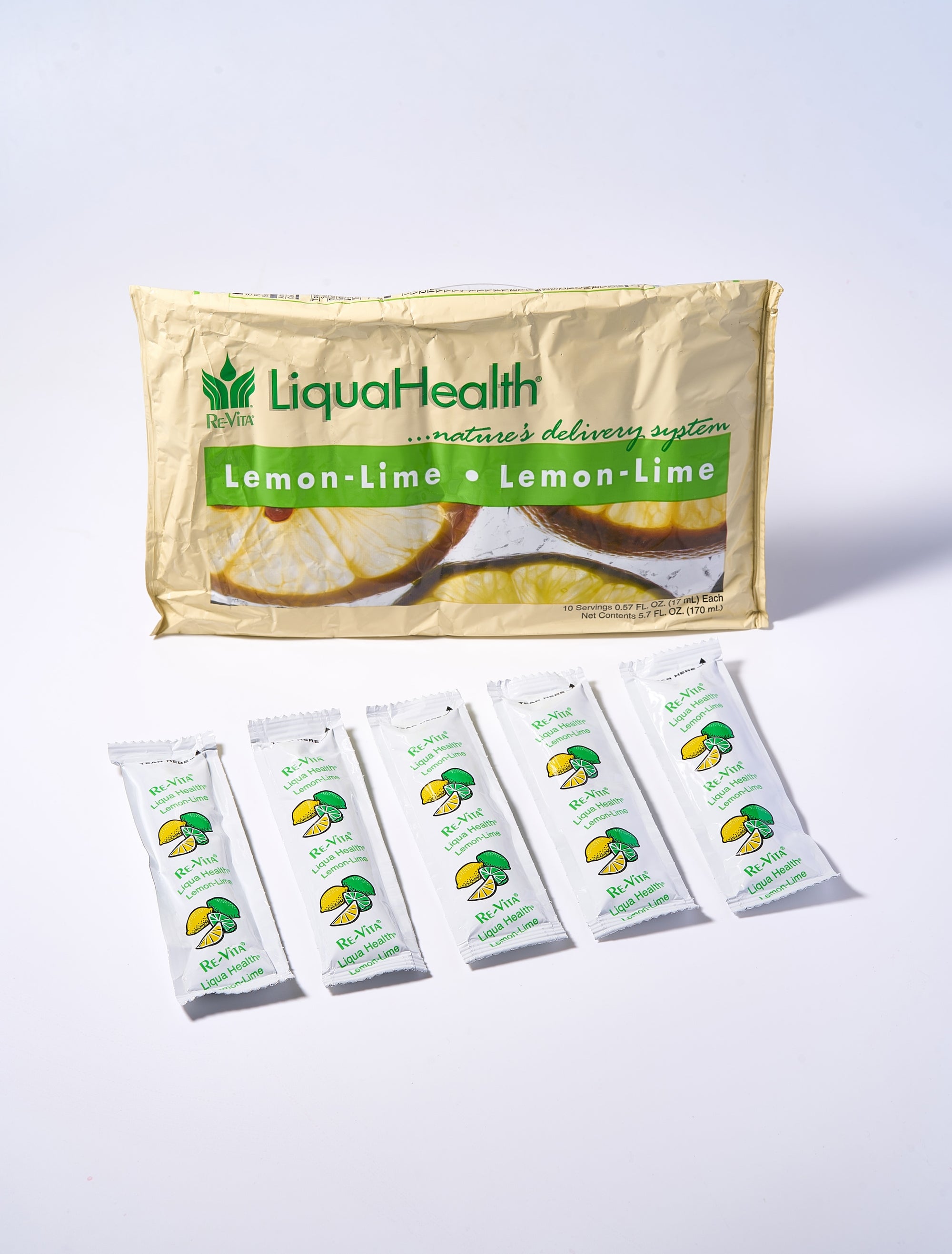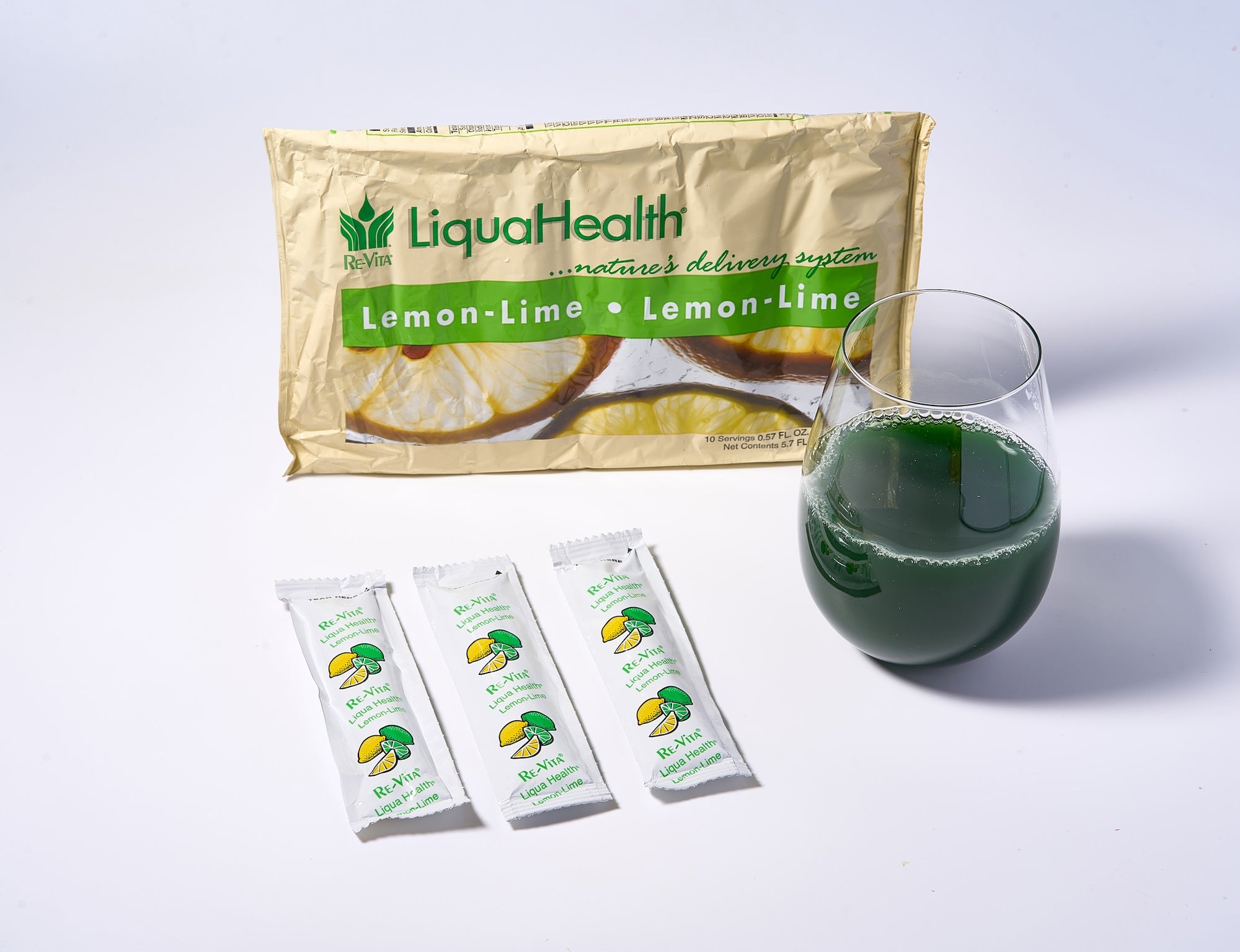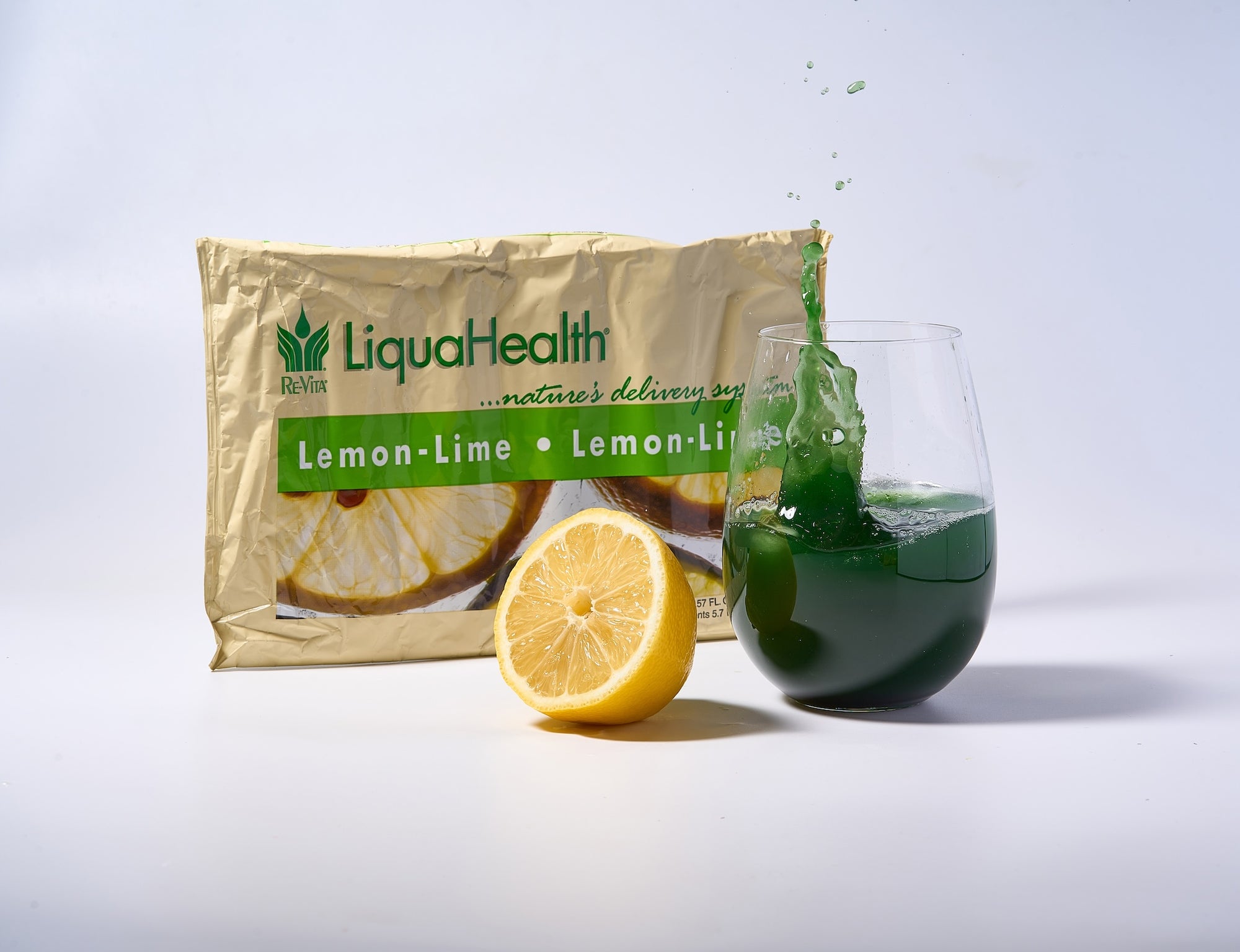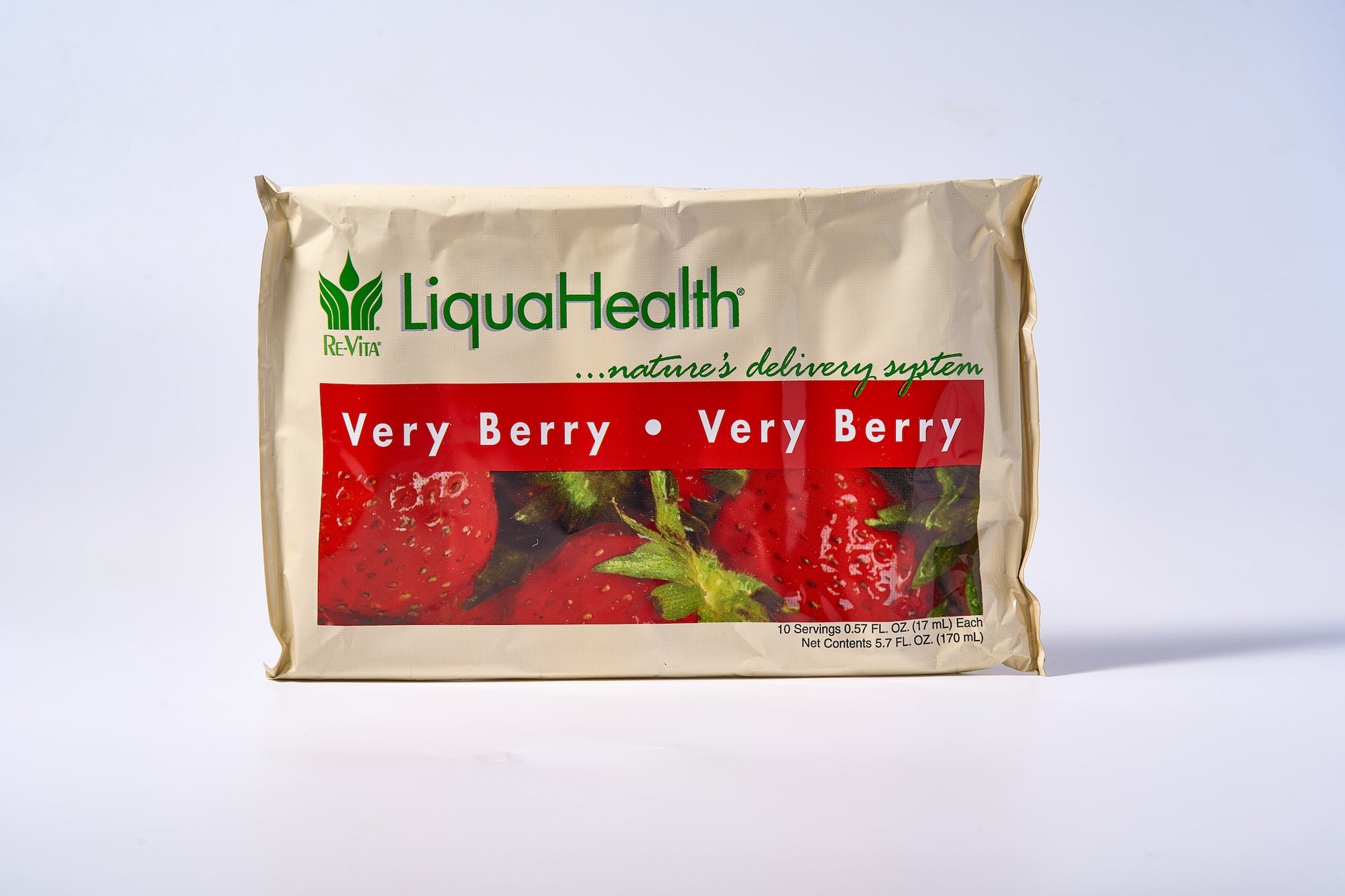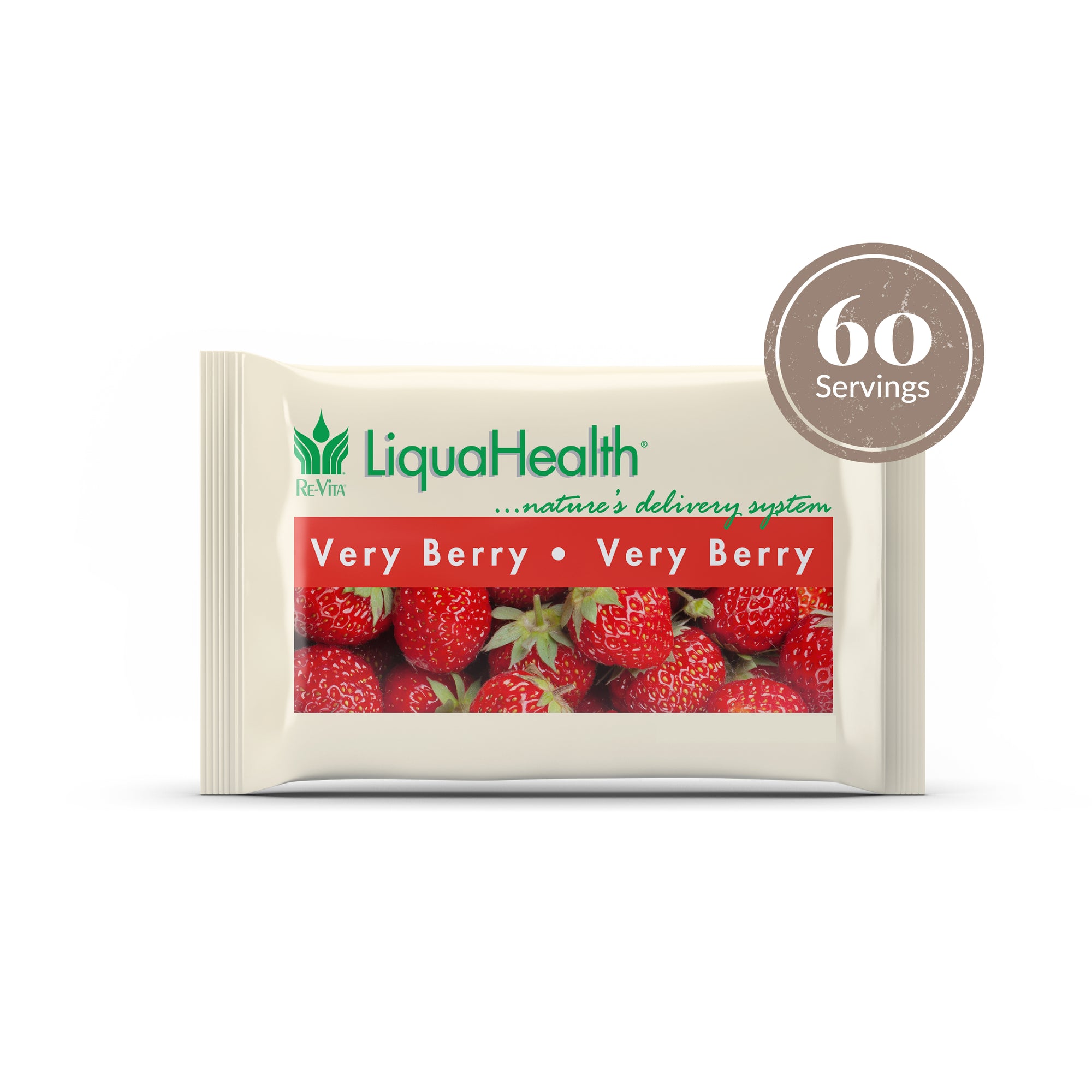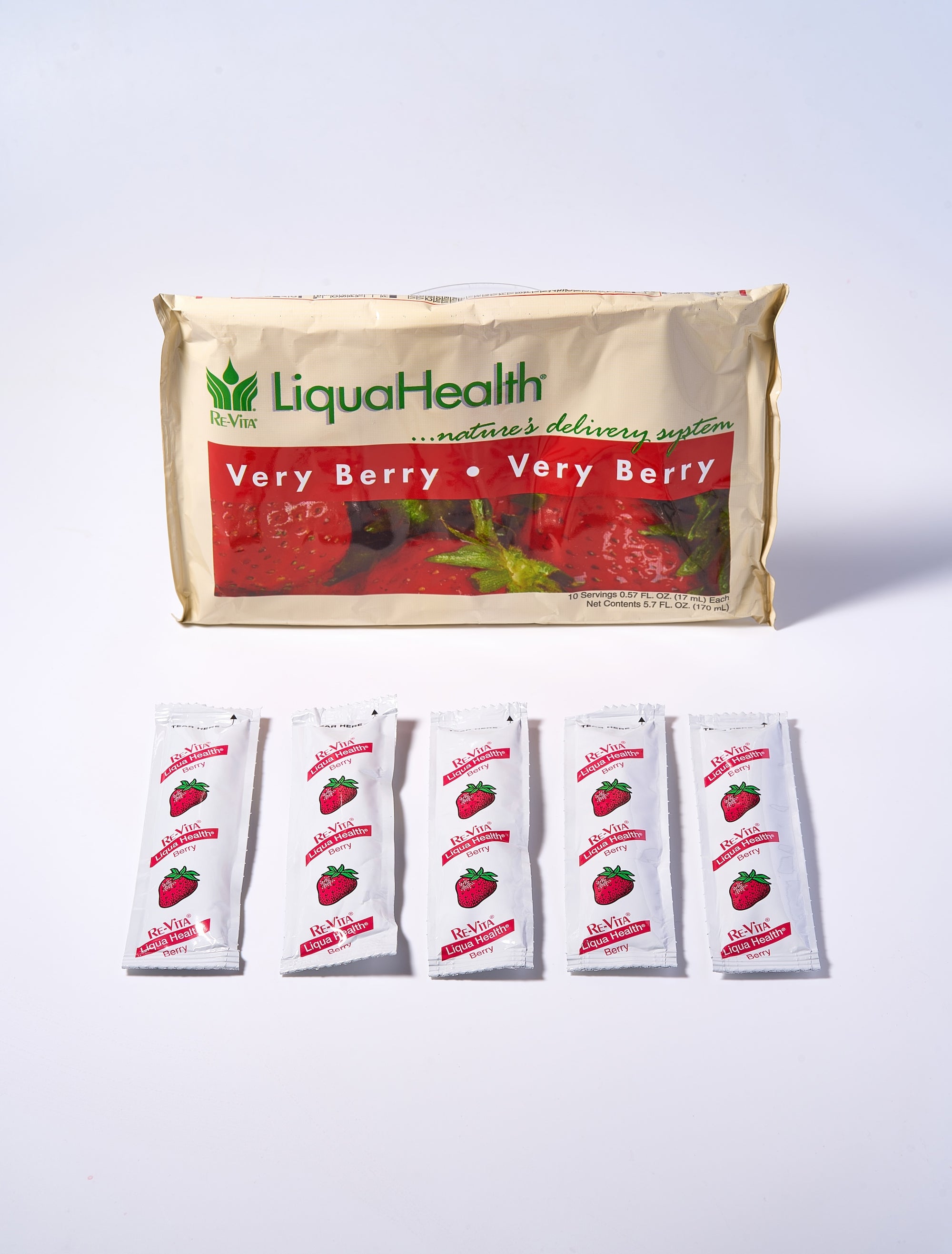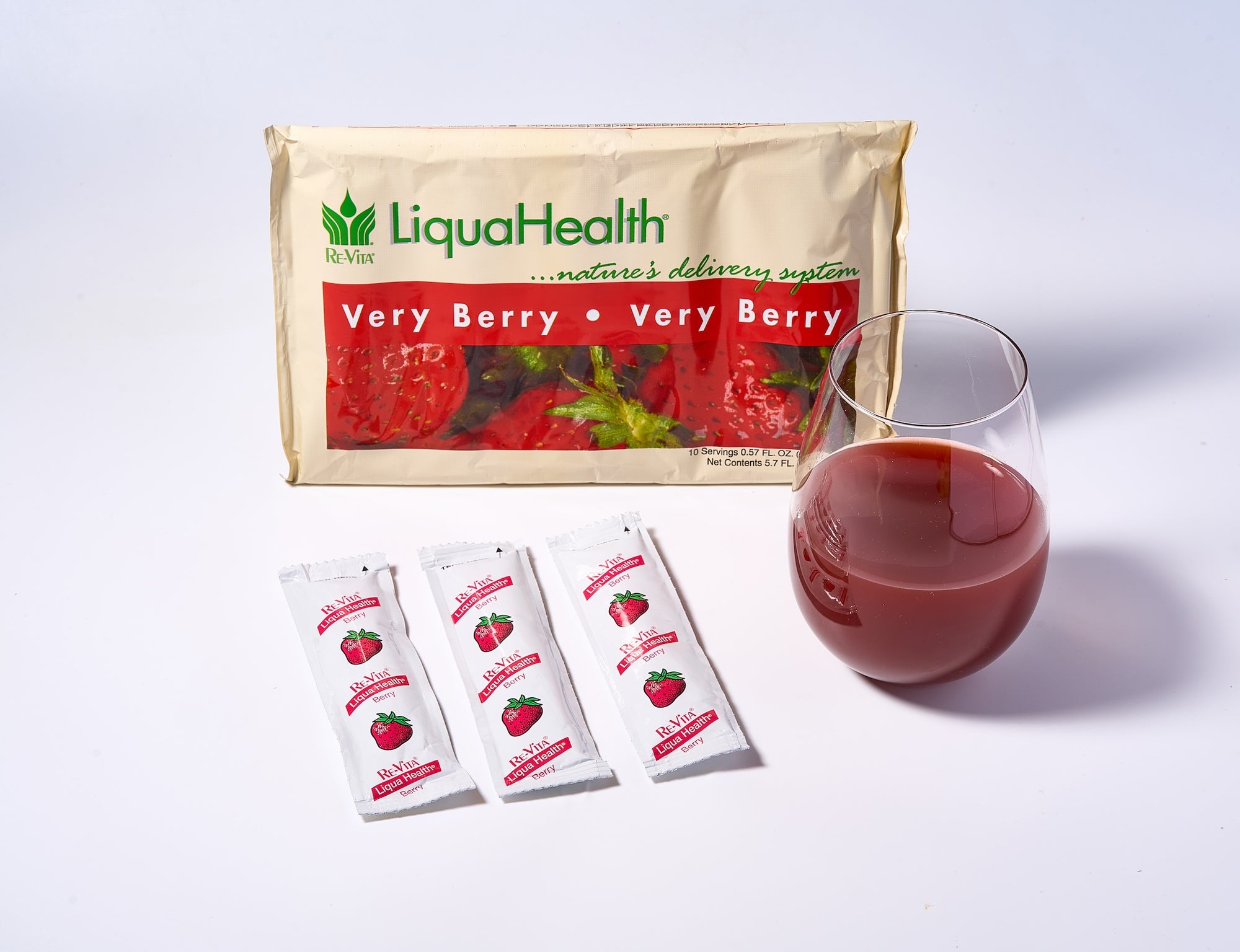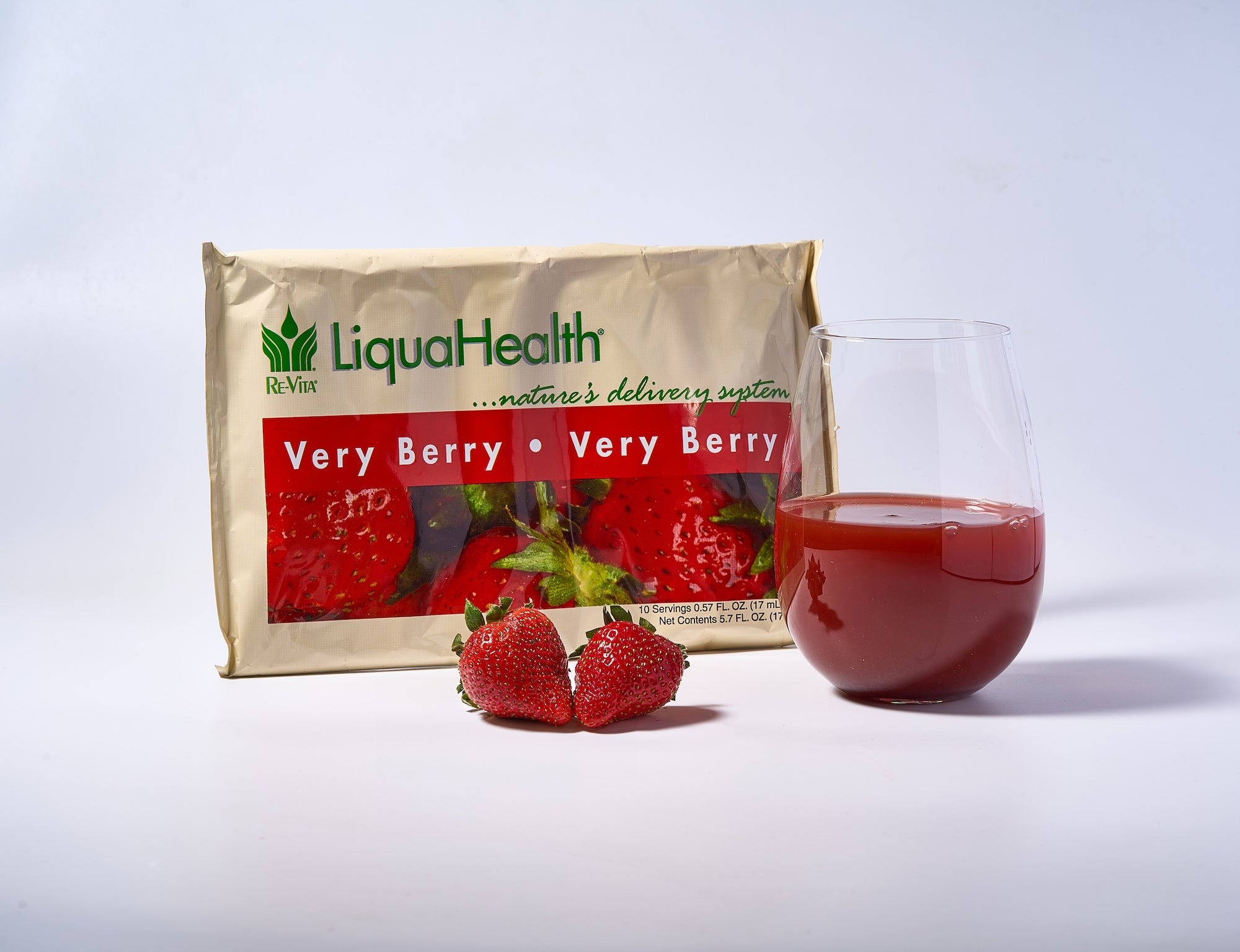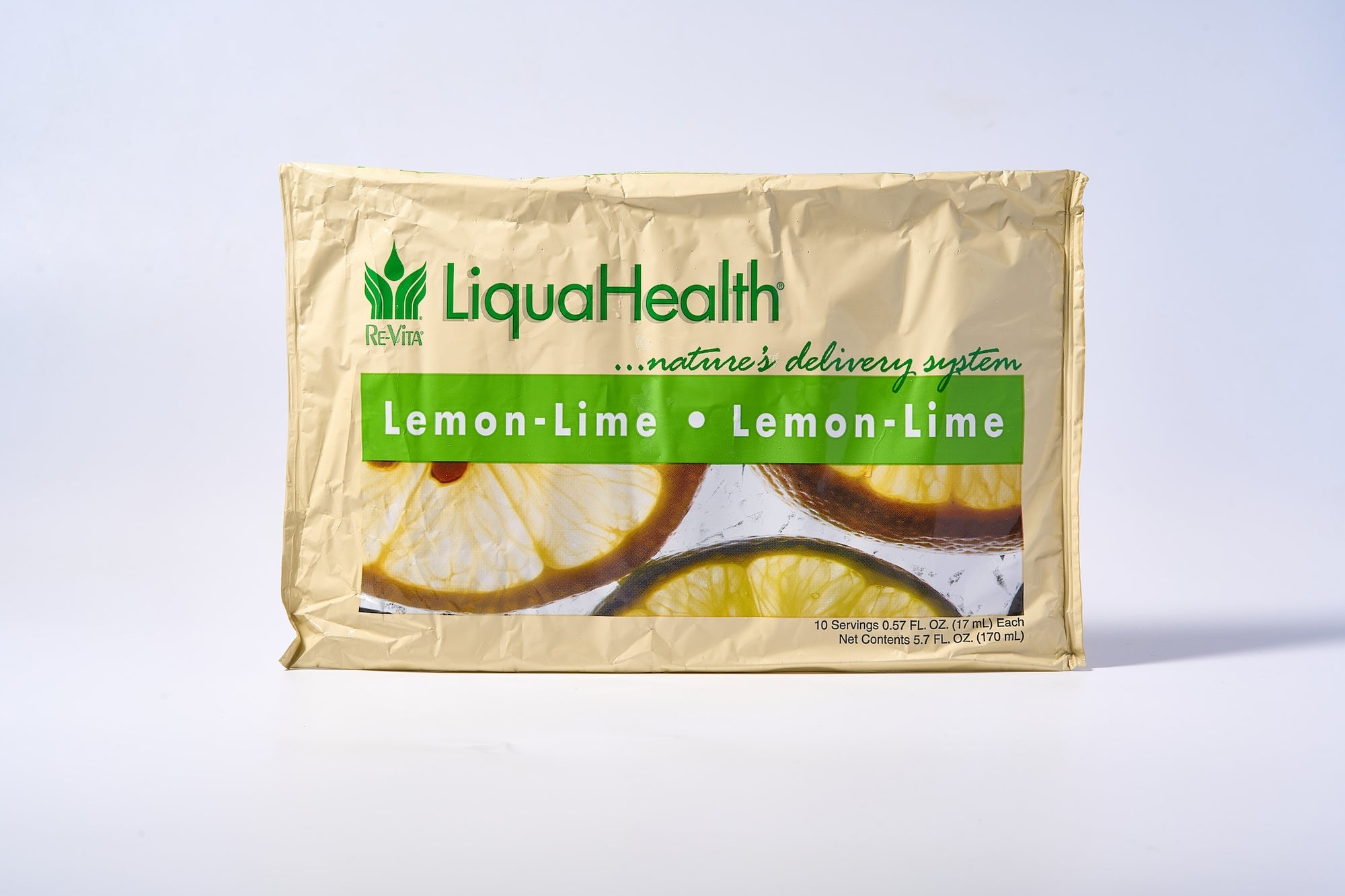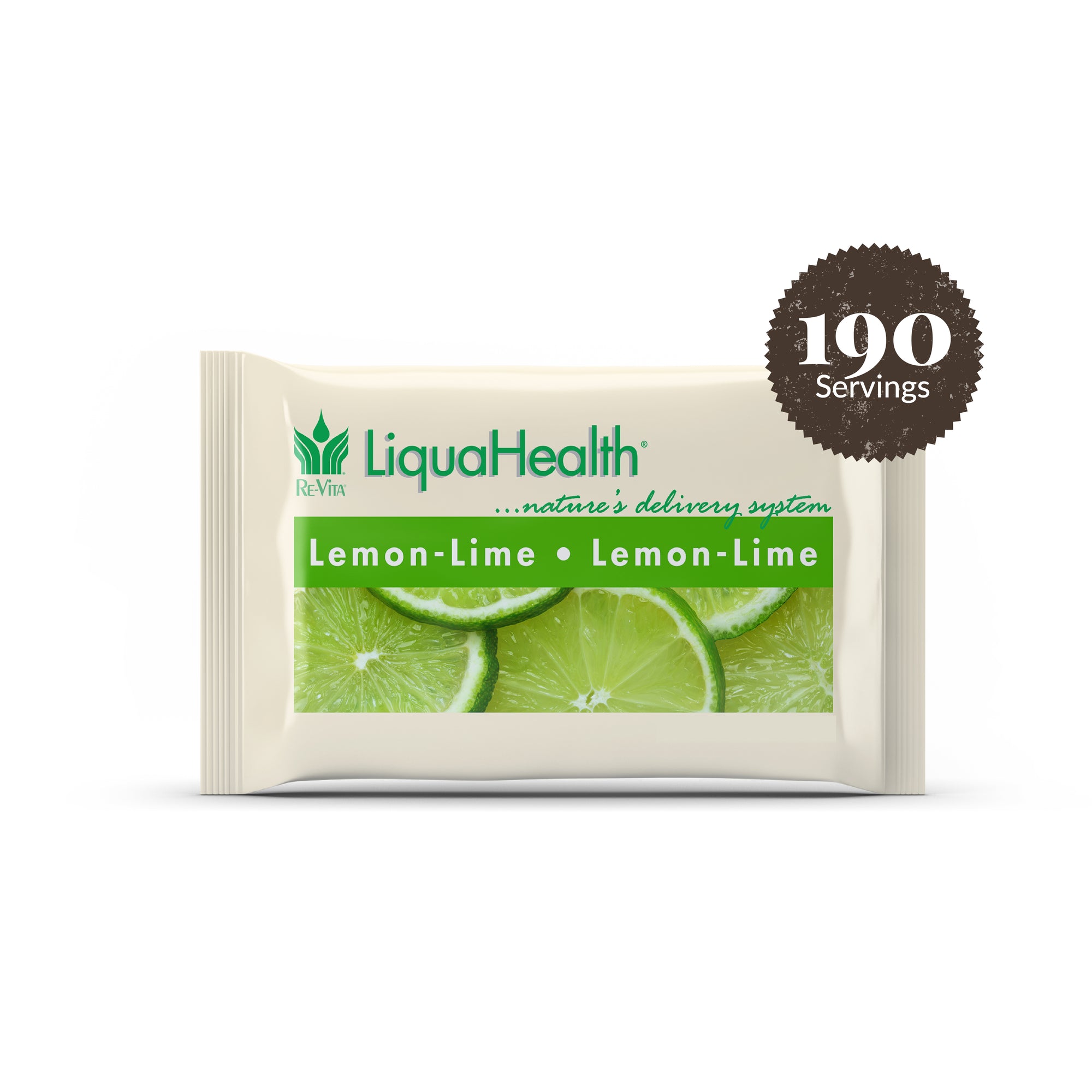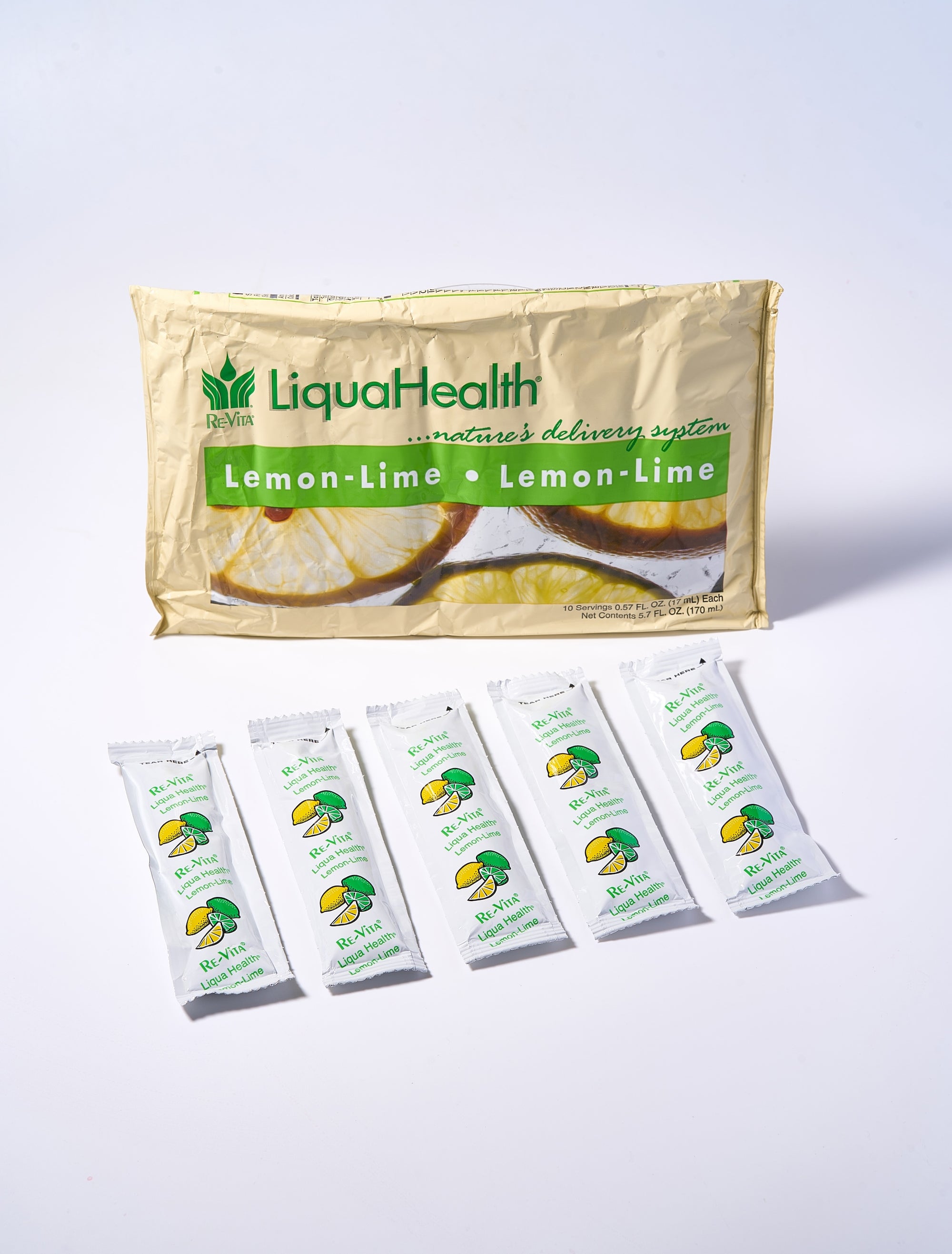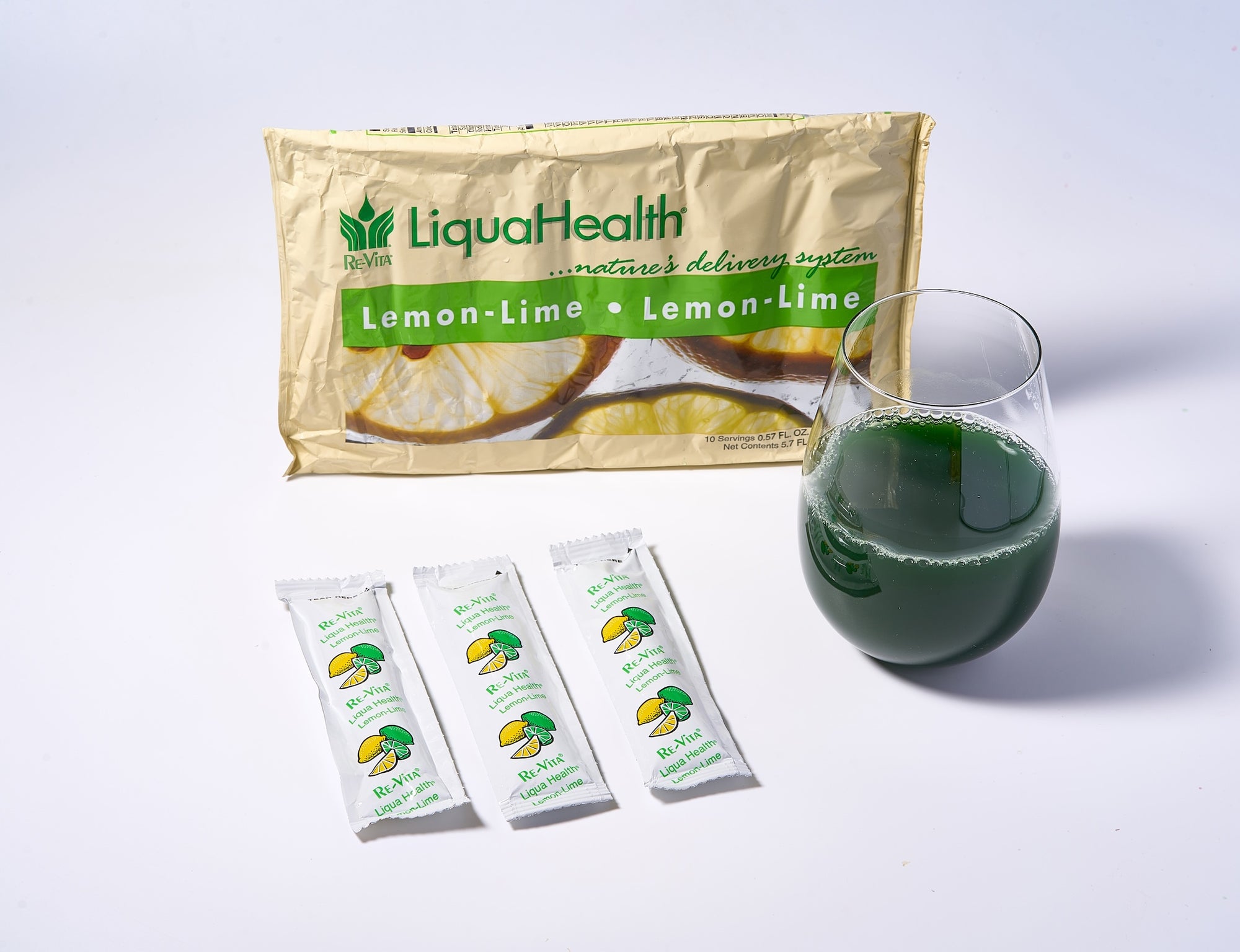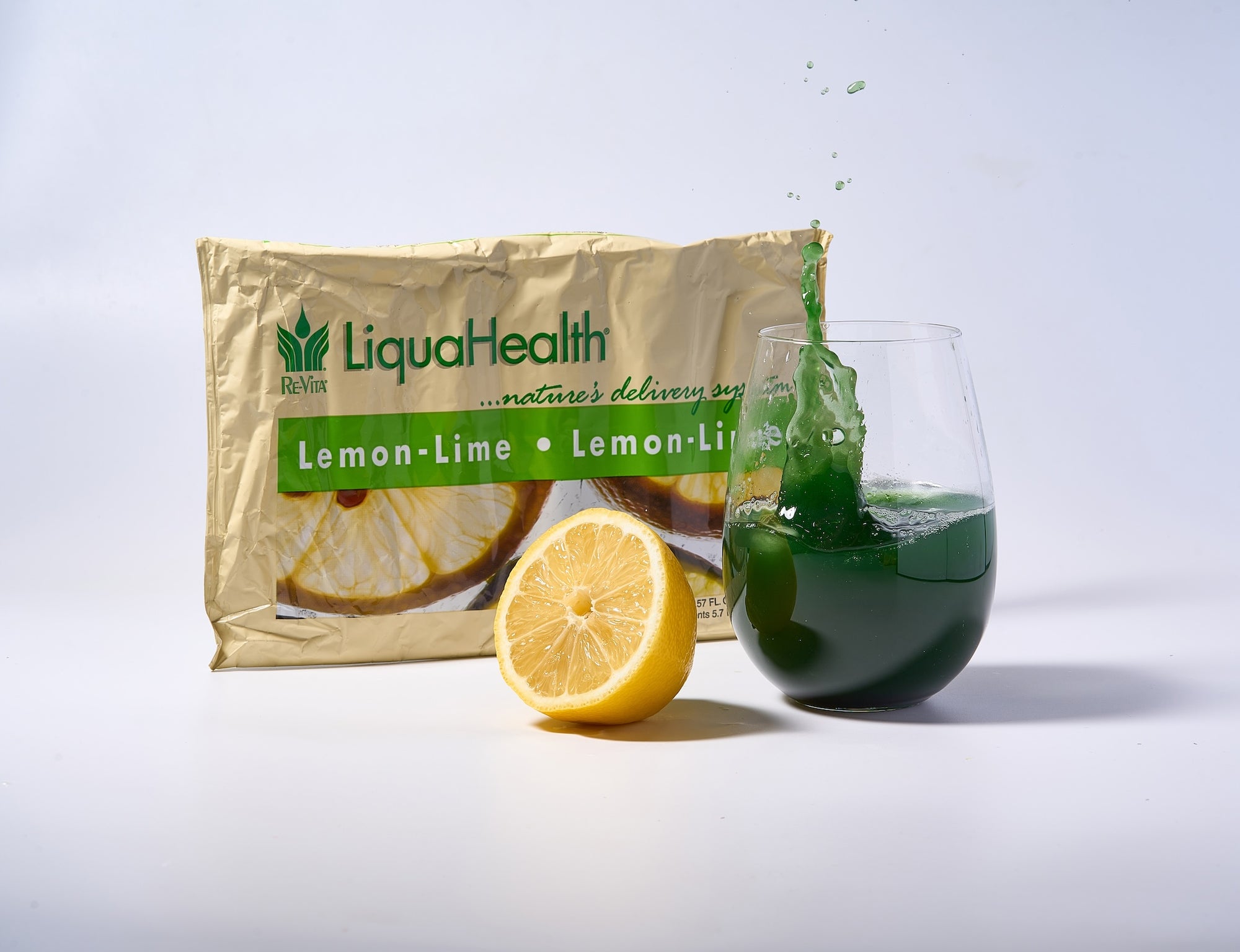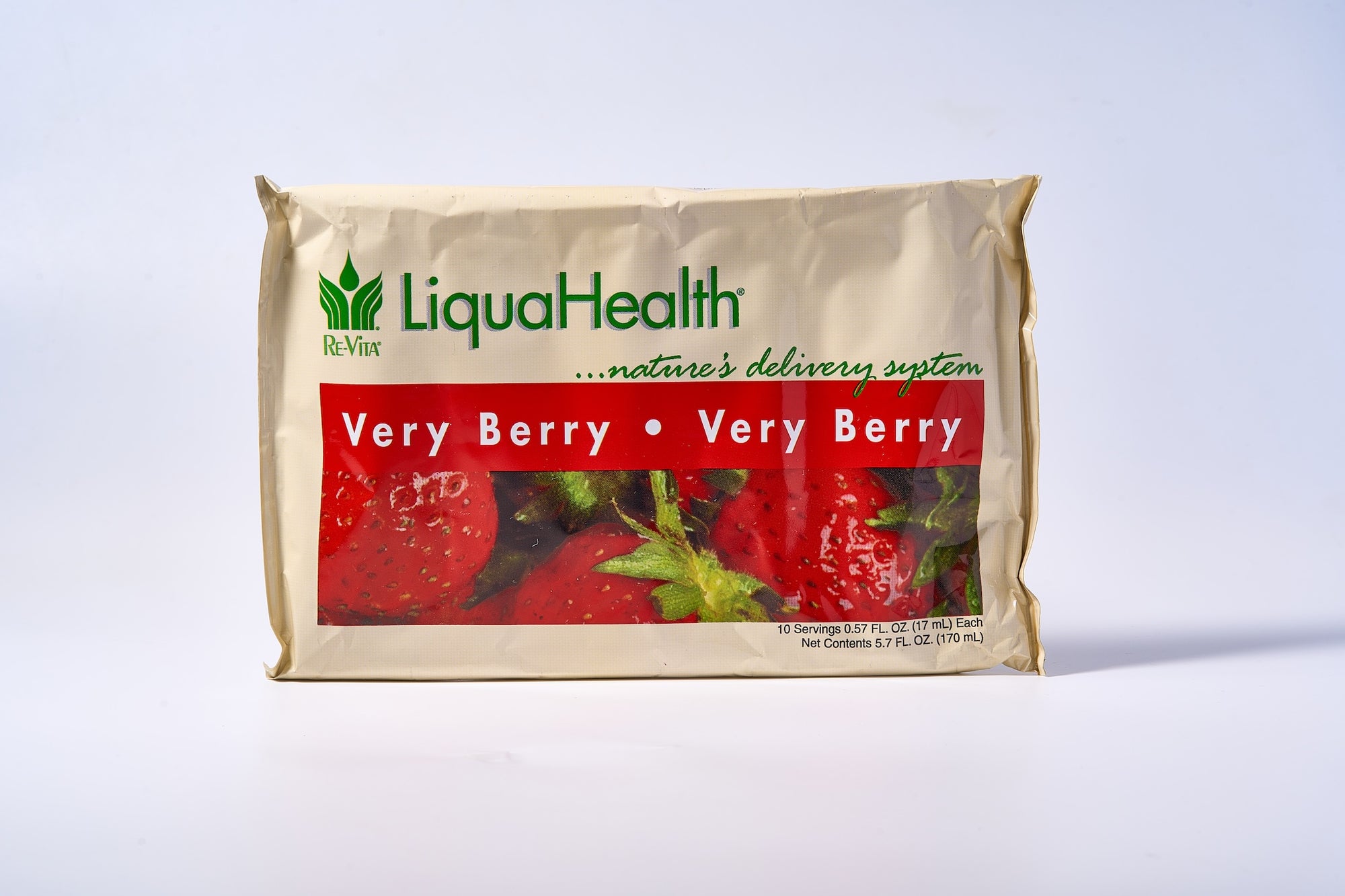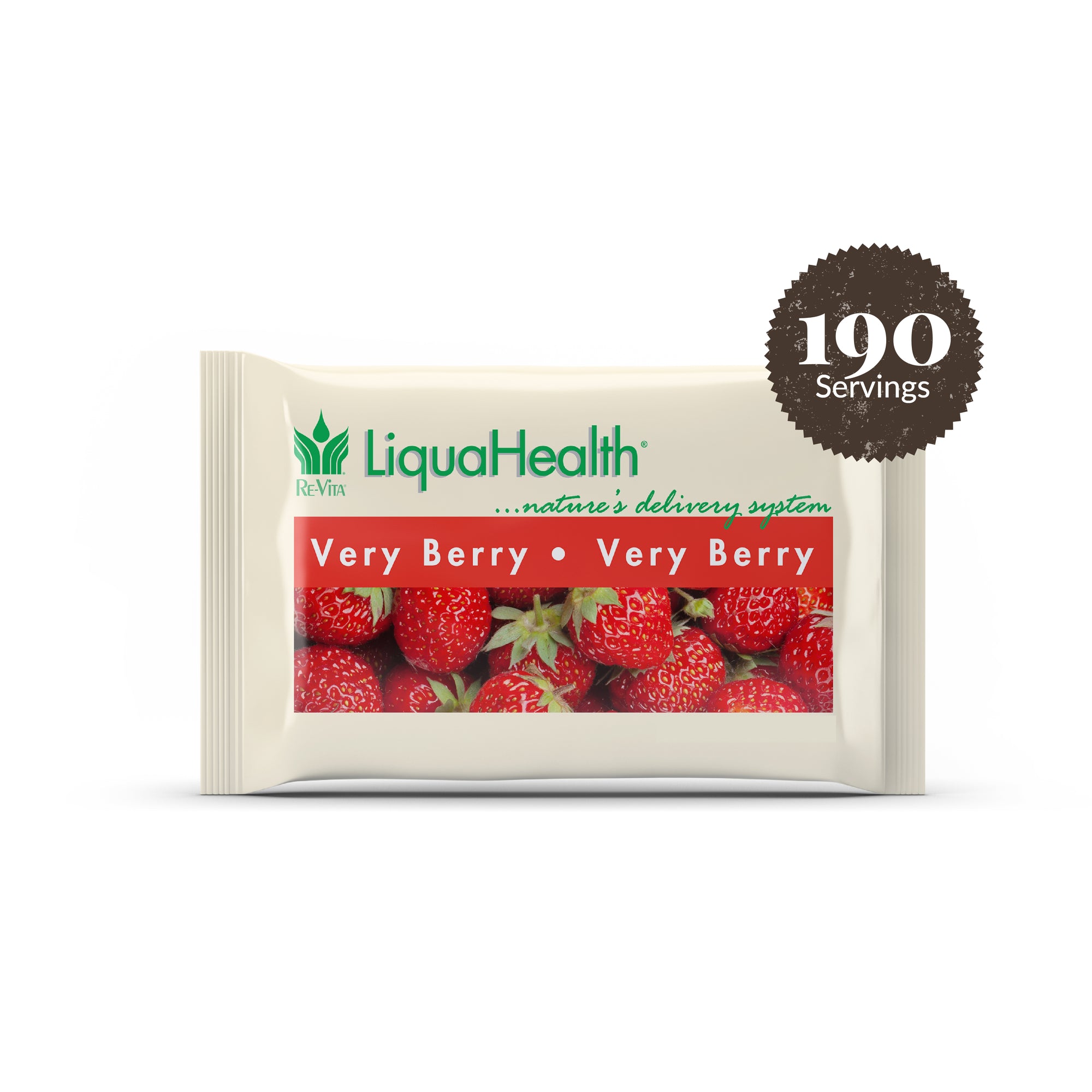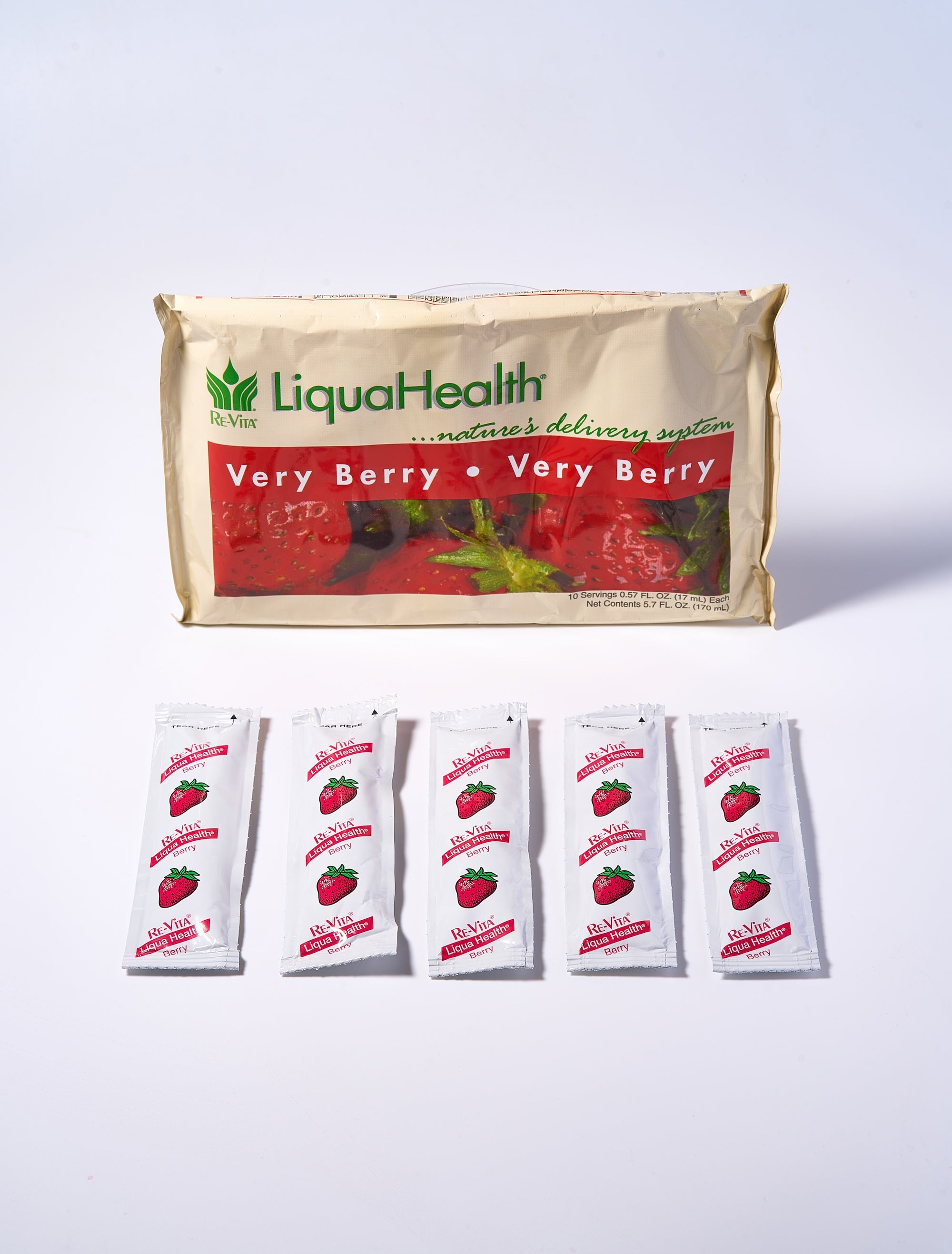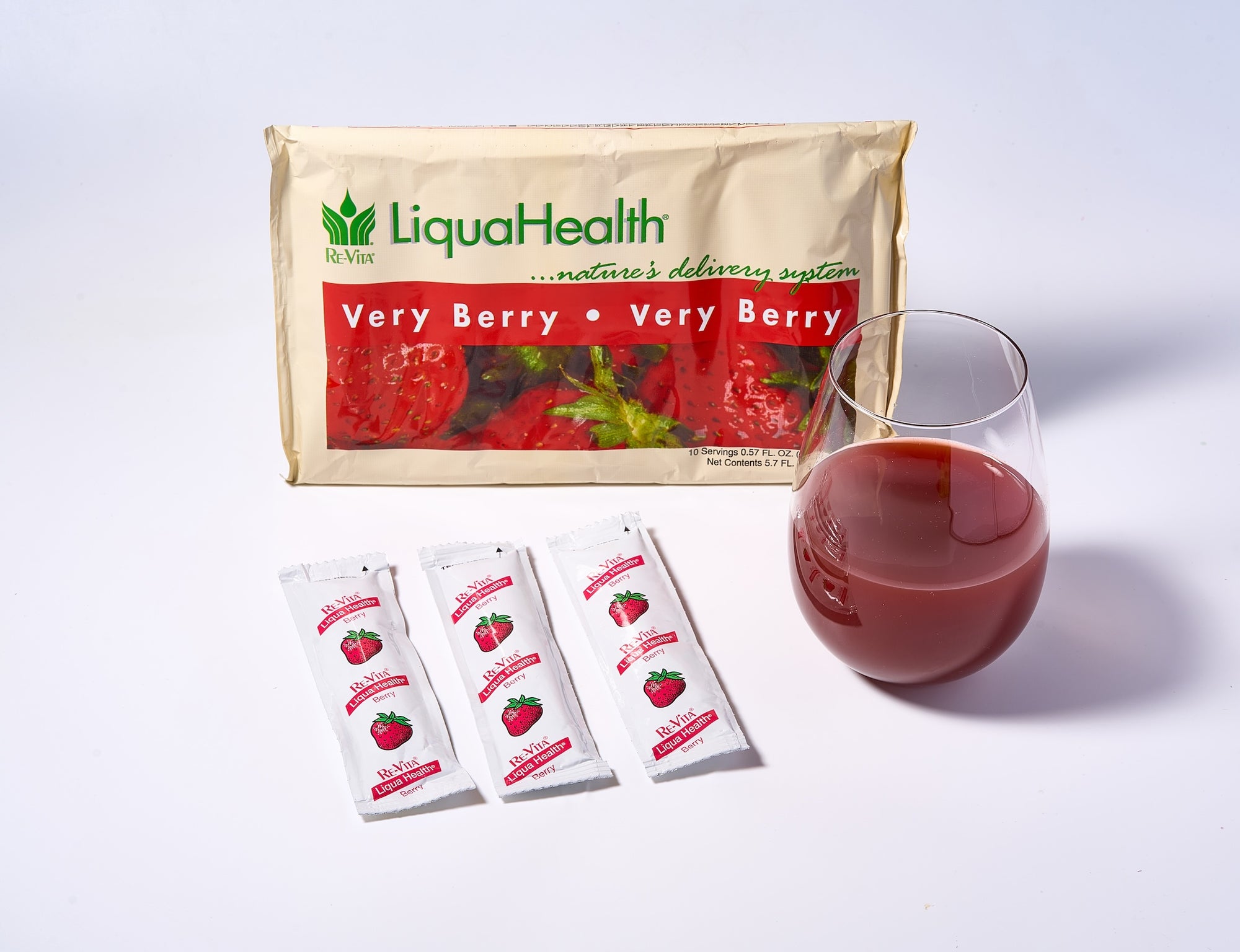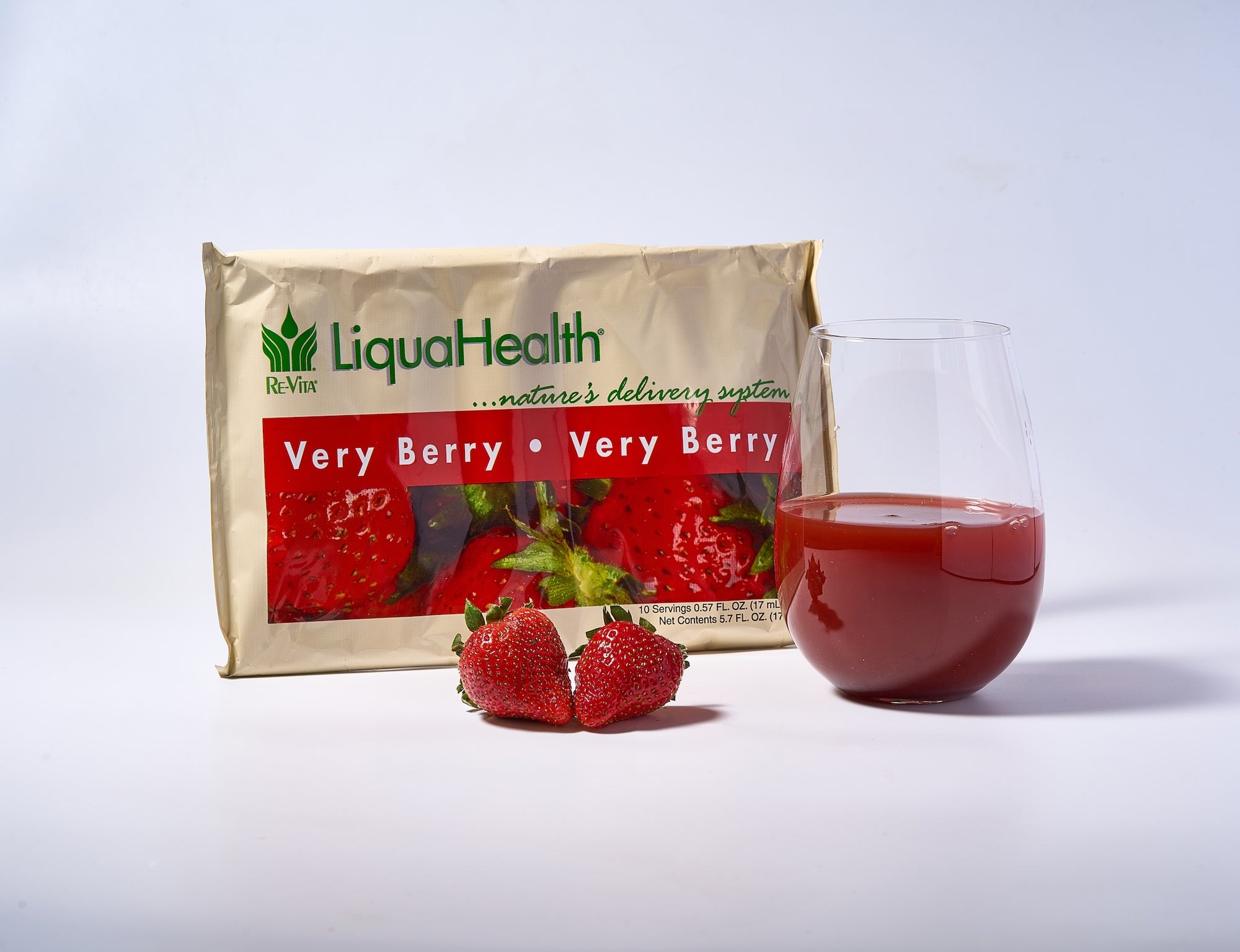In the realm of superfoods, Spirulina stands out for its exceptionally high nutritional density. While many superfoods boast a rich composition of vitamins, minerals, and antioxidants, Spirulina's liquid form in Re-Vita's dietary supplement ensures a higher digestion and absorption rate of these vital nutrients. This offers a significant advantage over other superfoods found in powder or capsule formats, as the body can utilize the ingested nutrients more quickly and efficiently.
Superfoods like chia seeds, quinoa, and acai berries often claim the spotlight, each contributing their own array of health benefits. Despite their acclaim, Spirulina's comprehensive blend of vitamins, minerals, and additional nutrients, selectively enhanced in Re-Vita, positions it as a distinct and robust choice within the superfood community.
- Chia seeds, known for their omega-3 fatty acids and fiber, support heart health but lack the complete protein profile found in Spirulina's enriched formulation.
- Quinoa, praised for its protein and amino acids, does not carry Spirulina's high volume of beta-carotene, essential for vision and immune function.
- Acai berries, with their impressive antioxidant content, still fall short of Spirulina's broad-spectrum nutritional coverage, which is further augmented by Re-Vita's bespoke nutrient blend.
Moreover, the flavorful experience delivered by Spirulina's diverse range in Re-Vita's strawberry, grape, and lemon options crafts a palatable journey enhancing both water and a myriad of daily recipes. This versatility transcends the typical consumption methods of other superfoods, revolutionizing the path to wellness with ease and pleasure.
To emphasize, heating Re-Vita beyond 118 degrees Fahrenheit is discouraged; while it is the case for many superfoods that heat can diminish nutritional benefits, the algae-based nature of Spirulina renders it particularly susceptible. One can rest assured knowing that by adhering to this simple guideline, the integrity of Spirulina's nutritional qualities in the Re-Vita supplement is preserved.
Engaging with Spirulina through the lens of Re-Vita's model magnifies the true potential of this algae. Its liquid form, coupled with taste infusions and additional nutrients, reaffirms its superior standing amongst the pantheon of superfoods — a testament to ingenuity meeting the pinnacle of nutrition.
The Role of Spirulina in Detoxification
The contemporary world exposes individuals to myriad pollutants and toxins, rendering detoxification a topic of much interest. Spirulina, a blue-green microalgae, possesses properties that efficiently support the body's natural detoxifying processes. This highly nutritious entity binds with heavy metals and other pollutants, facilitating their elimination from the body.
Recent studies offer compelling evidence regarding spirulina's efficacy in detoxification. In instances of arsenic toxicity—one of the most prevalent heavy metal challenges worldwide—spirulina has demonstrated a pronounced ability to decrease arsenic levels in the body. Due to its high chlorophyll content, spirulina has a chelating effect, bonding with toxic metals and aiding their excretion. This efficacy extends to other harmful substances, such as mercury and lead, reinforcing the algae's standing as a notable detoxifier.
Furthermore, beyond the removal of inorganic toxins, spirulina enhances the elimination of other body waste products. It promotes liver health, which is fundamental in the detoxification pathway. Aiding in the protection and recovery of liver cells, spirulina's role in detoxification is comprehensive, targeting both hepatic function and blood purification.
Detoxification is not only about removing toxins but also about bolstering the body's innate defense mechanisms. Spirulina stands out in this facet too, by enhancing the function of the immune system, which in turn increases resistance to contaminants. Researchers continue to delve into the intricacies of spirulina, unraveling its potential to support human health in a pollution-ridden age.
- Spirulina binds with heavy metals, aiding in their elimination from the body.
- Chlorophyll within spirulina offers a chelating effect that assists in the removal of toxins.
- Studies have shown a decrease in arsenic levels in individuals after spirulina supplementation.
- The algae contribute to liver health, an essential organ in the body's detoxification process.
- Spirulina fortifies the immune system, offering an increased defense against pollutants.
Spirulina Supplements vs. Whole Food Forms
Spirulina's versatility offers a range of consumption options, tailored to preference and lifestyle. Supplements present a convenient, concentrated form. Whole food forms extend an authentic, natural experience. Each boasts unique qualities for nutritional uptake.
Liquid spirulina supplements, like Re-Vita, embody ease and efficacy. The liquid form ensures rapid absorption, delivering nutrients swiftly into the bloodstream. For those rushed or needing a quick nutritional boost, Re-Vita fulfills these needs with ease. Spirulina in this form becomes an effortless addition to water or an array of daily meals providing a burst of flavor and nutrition without the hassle of preparation.
Conversely, whole food spirulina offers a more traditional approach. Consuming spirulina as a part of food engages the digestive system differently, which can be beneficial for those focusing on holistic food experiences. Integrating spirulina into one's diet through salads, smoothies, and snacks allows for a diversified palette and texture profile.
For optimal results, consider the following tips:
- To harness the full potency of spirulina, add Re-Vita to cold or room-temperature recipes only.
- Experiment with flavors; Re-Vita's strawberry, grape, and lemon infusions mix seamlessly with an assortment of juices and smoothie components, elevating the taste without overwhelming the senses.
- Engage with whole food spirulina by sprinkling it atop dishes where it can complement other ingredients without the need for cooking, which may degrade its nutritional value.
Re-Vita merges the simplicity of liquid supplements with taste and nutritional integrity. Embracing either whole food spirulina or Re-Vita will enrich one's diet. Balancing the two can cater to varying needs and situations, from a quick nutritional fix to a leisurely meal enhancement.
The Antioxidant Powerhouse within Spirulina
Unlocking the secrets of longevity and well-being, spirulina emerges as more than a mere supplement; it's a font of youthfulness, brimming with antioxidant capabilities. These microscopic algae house a dense concentration of beneficial compounds that tirelessly combat oxidative stress, a relentless intruder linked to aging and numerous chronic diseases.
Rich in phycocyanin, a pigment with potent antioxidant properties, spirulina stands as a guardian against the ravaging effects of free radicals. Daily battles waged at the cellular level are tilted in favor of health, as spirulina's antioxidants stabilize free radicals. The implications for aging tissues and organ systems are profound, preserving vigor and functioning as systems are shielded from the decaying impact of oxidative stress.
To fully appreciate spirulina's role in thwarting the aging process, consider the relentless nature of oxidative stress. As cells consume oxygen, inevitable byproducts - reactive oxygen species - threaten to disturb the delicate balance within. Without the intervention of antioxidants, these reactive molecules wage war on DNA, proteins, and lipids, accelerating the deterioration synonymous with aging. Spirulina, with its high antioxidant content, ensures that this internal onslaught is not only repelled but also reparative, contributing to cell renewal and vitality.
The nourishing embrace of spirulina as part of a balanced diet offers not a mere respite from this oxidative onslaught but a sustained resilience, promoting longevity and the flourish of well-being.
Spirulina and Cardiovascular Health
Exploring the labyrinth of cardiovascular well-being, spirulina emerges as a beacon of hope, particularly for those navigating the stormy waters of blood pressure and cholesterol management. Research substantiates the claim that spirulina can wield a positive influence on heart health, due in part to its rich tapestry of nutrients.
Various studies have pinpointed the potential of spirulina to lower blood pressure. One of the mechanisms behind this effect involves the production of nitric oxide, a gas molecule that helps our blood vessels relax and dilate. This relaxation is crucial for maintaining blood pressure in the optimal range.
Cholesterol levels, a familiar antagonist in cardiovascular health narratives, could also be moderated with the aid of spirulina. Consistent intake of this supplement has shown a tendency to reduce LDL cholesterol, often vilified as 'bad' cholesterol, and to potentially raise levels of HDL, or 'good' cholesterol. In the symphony of heart health, balancing these elements is akin to maintaining harmony in a complex piece of music.
While spirulina is not a magic pill to cure cardiac ailments, incorporating it into one's diet could steer the ship towards calmer waters when combined with other healthful practices. It's a natural addition to the arsenal of nutritional tools for those who seek to protect the vital rhythm of their hearts.

